Leopard geckos, with their striking patterns and docile nature, have become popular pets among reptile enthusiasts. Proper care and nutrition are vital to ensuring their well-being and longevity. One crucial aspect of their diet is the calcium supplements. In this blog, we will dive into why leopard geckos require calcium supplements and how they contribute to their overall health.
How much do you know about the calcium?
Let's take a look!
1. Skeletal development: Calcium is essential for the proper development and maintenance of a leopard gecko's skeletal system. It helps in the formation and strength of bones, ensuring healthy growth and preventing conditions like metabolic bone disease.
2. Egg production: Female leopard geckos require adequate calcium for egg production. If they don't receive enough calcium, they can develop calcium deficiency, which can lead to egg-binding and other reproductive complications.
3. Muscle function: Calcium plays a significant role in muscle contraction, including the heart muscle. A deficiency in calcium can result in muscle weakness, tremors, and even heart problems in leopard geckos.
4. Metabolism and enzyme function: Calcium is involved in various metabolic processes and enzyme functions within a leopard gecko's body. It aids in digestion, nerve function, blood clotting, and hormone regulation.
Remember, while calcium supplements are essential, it is also crucial to provide a balanced diet that includes other nutrients and vitamins necessary for a leopard gecko's overall well-being. We mainly use two supplement down below. These have been working best for us and the pink one is our favorite! :)
How much do you know about the calcium?
Let's take a look!
1. Skeletal development: Calcium is essential for the proper development and maintenance of a leopard gecko's skeletal system. It helps in the formation and strength of bones, ensuring healthy growth and preventing conditions like metabolic bone disease.
2. Egg production: Female leopard geckos require adequate calcium for egg production. If they don't receive enough calcium, they can develop calcium deficiency, which can lead to egg-binding and other reproductive complications.
3. Muscle function: Calcium plays a significant role in muscle contraction, including the heart muscle. A deficiency in calcium can result in muscle weakness, tremors, and even heart problems in leopard geckos.
4. Metabolism and enzyme function: Calcium is involved in various metabolic processes and enzyme functions within a leopard gecko's body. It aids in digestion, nerve function, blood clotting, and hormone regulation.
Remember, while calcium supplements are essential, it is also crucial to provide a balanced diet that includes other nutrients and vitamins necessary for a leopard gecko's overall well-being. We mainly use two supplement down below. These have been working best for us and the pink one is our favorite! :)






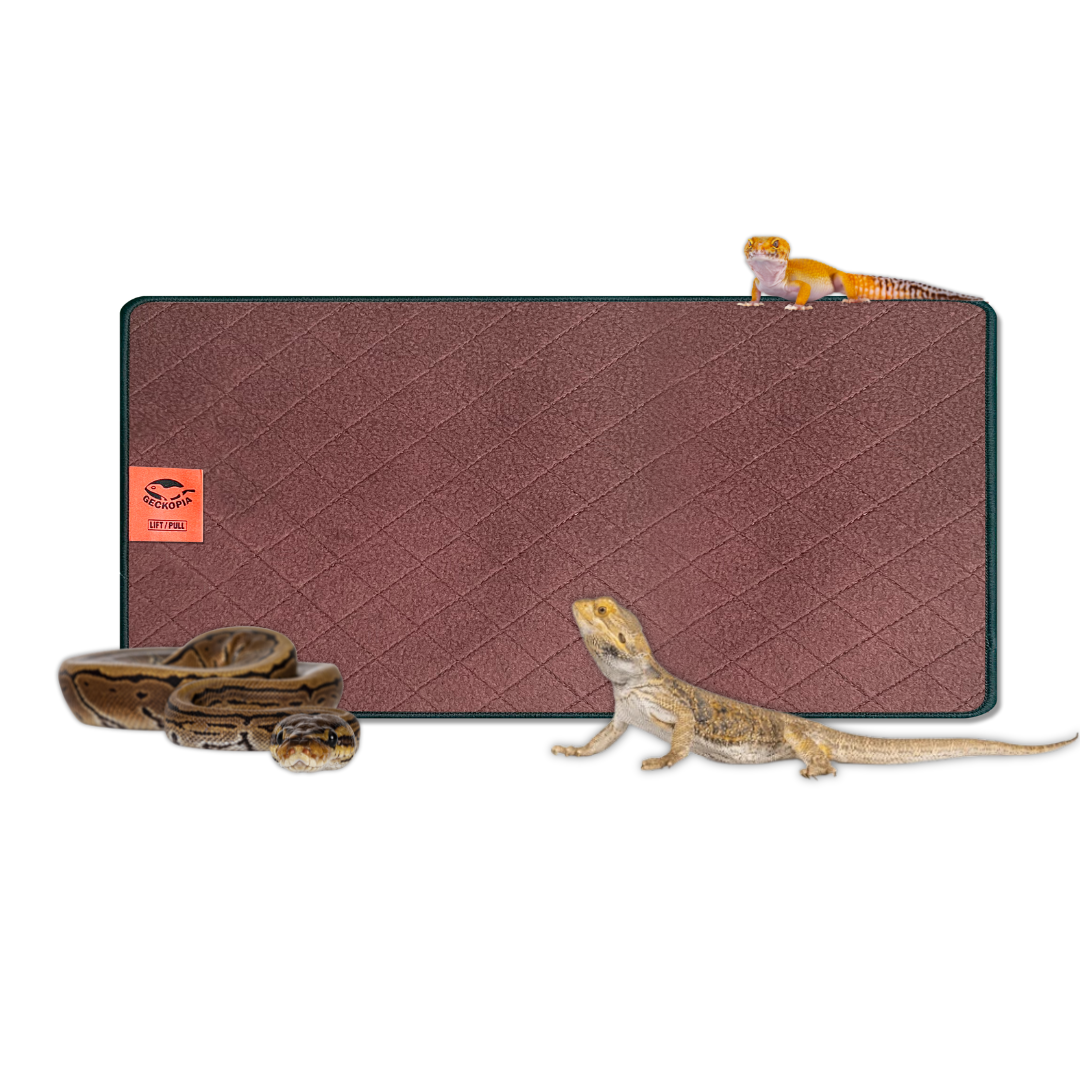
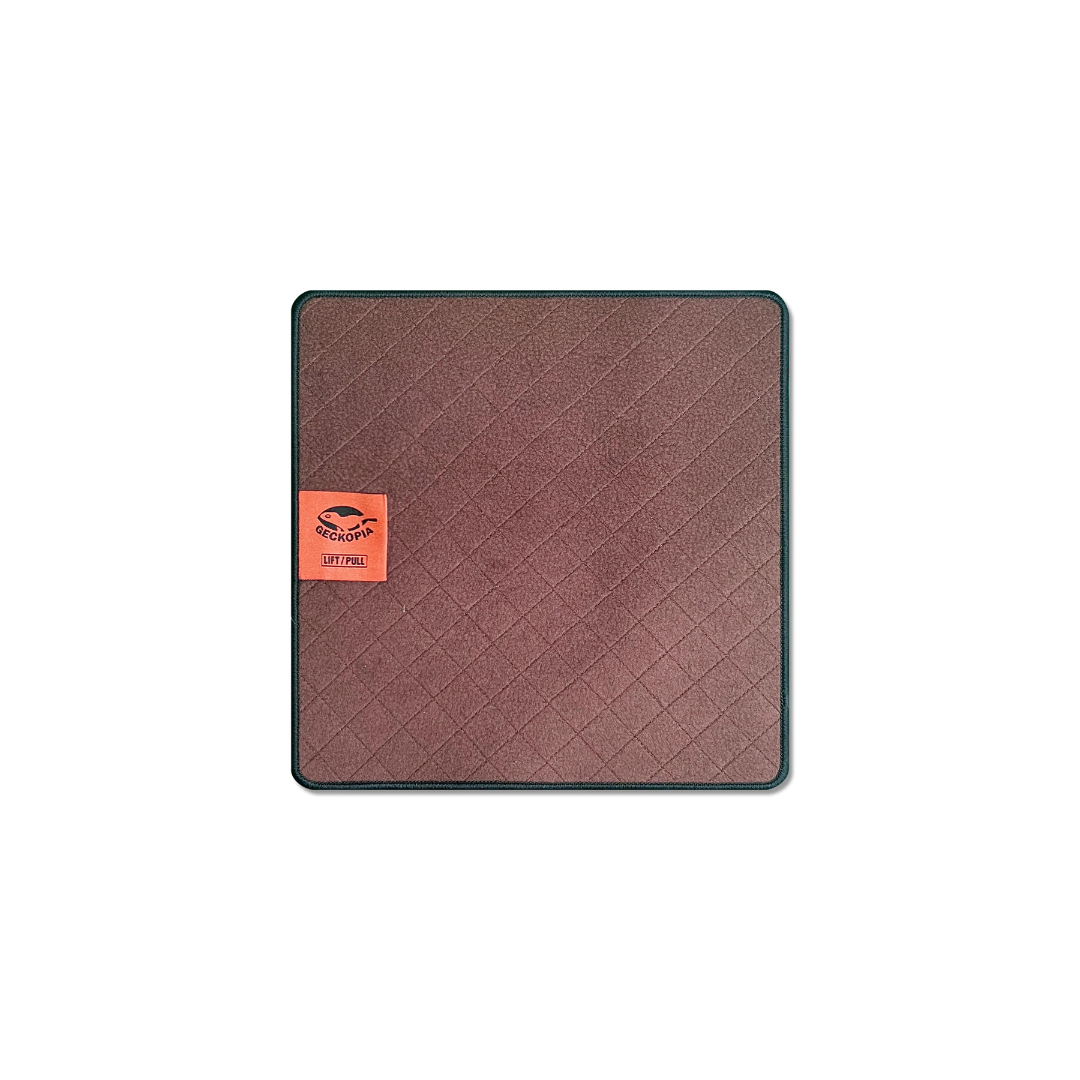
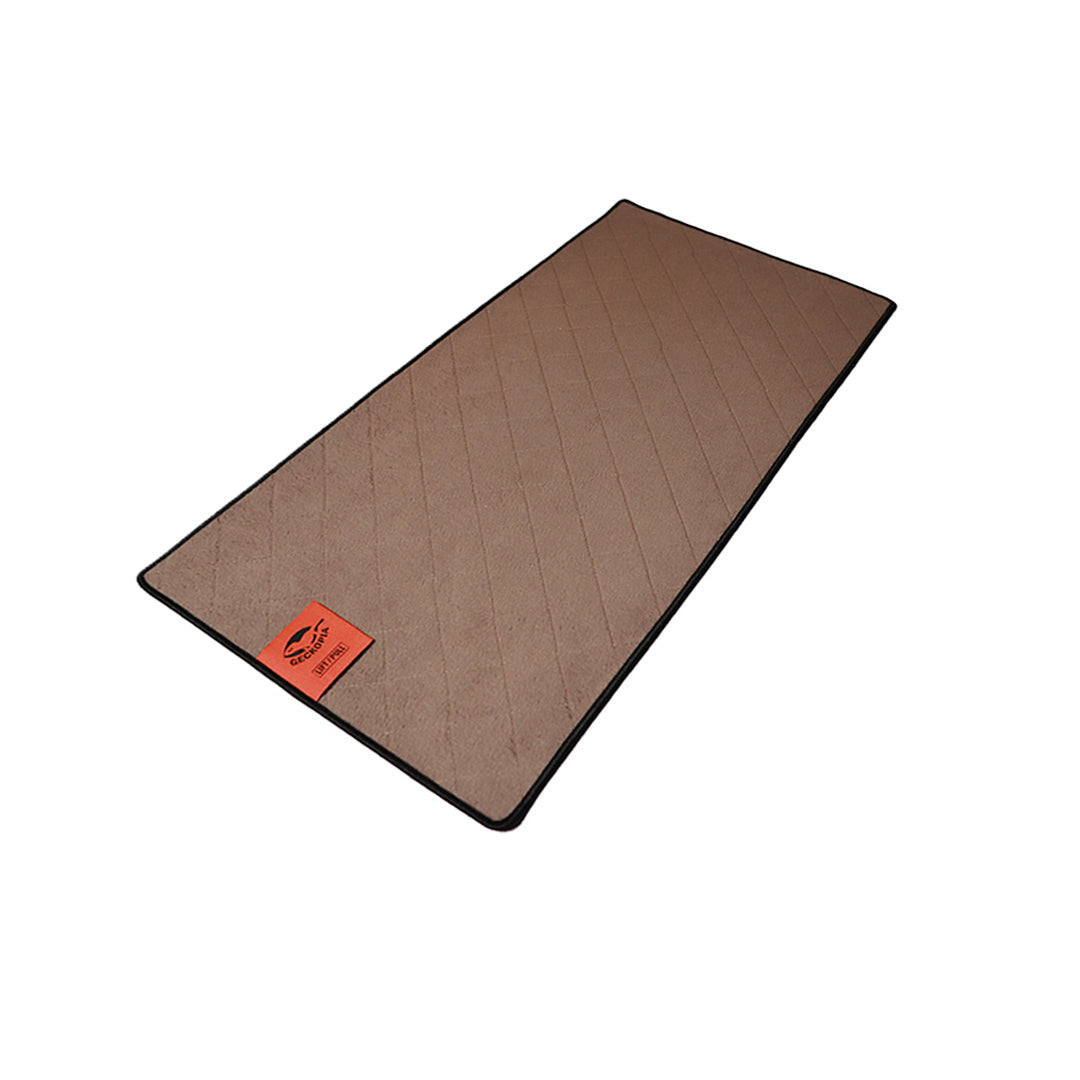

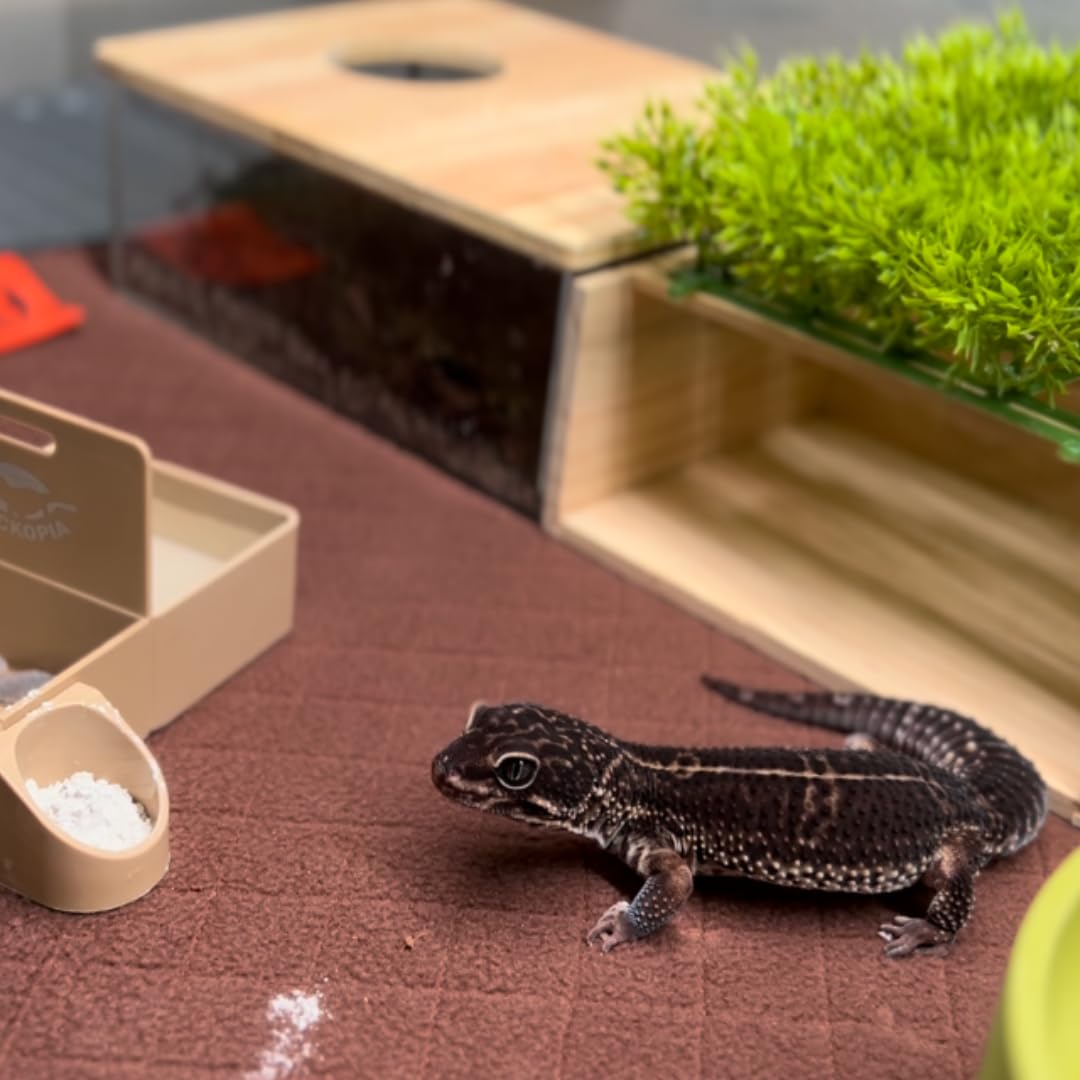
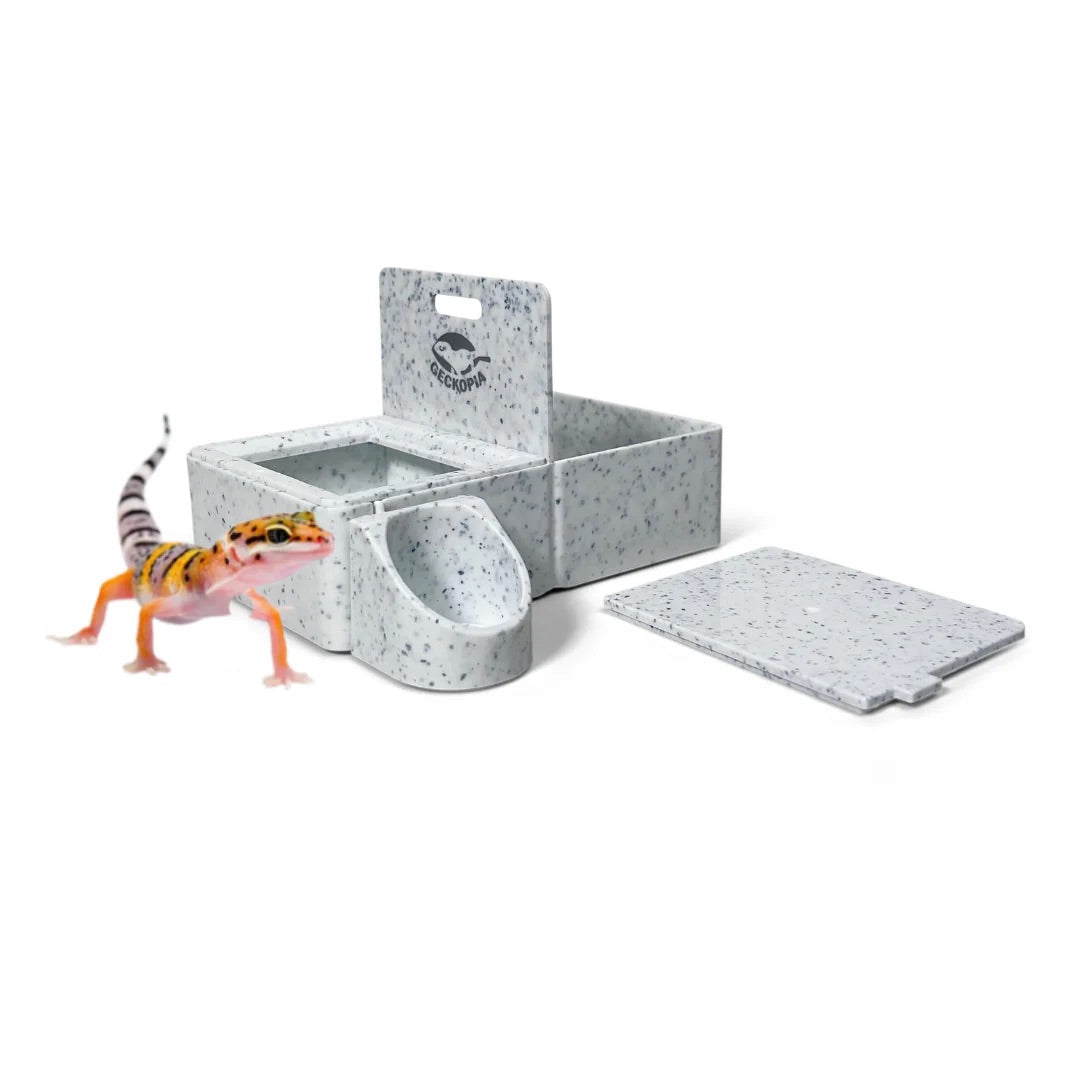

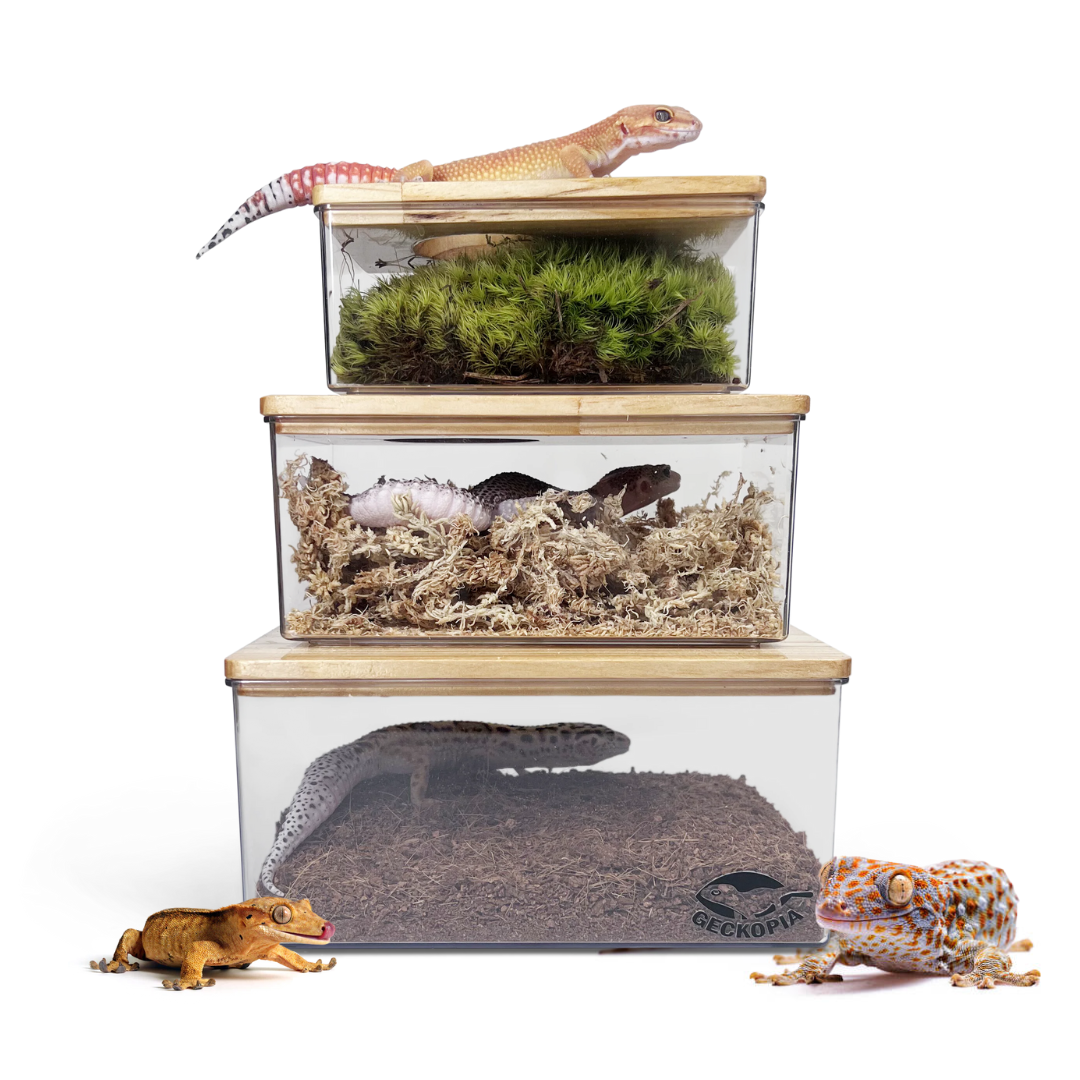


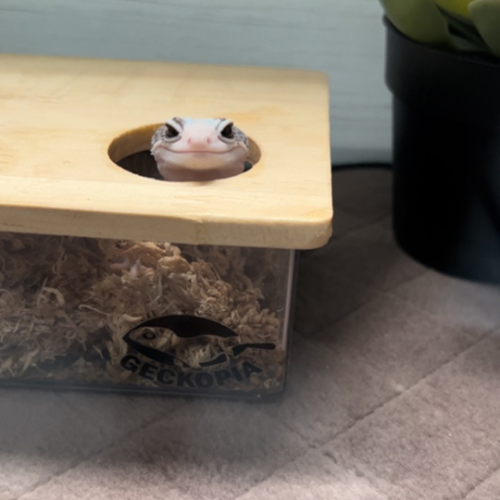
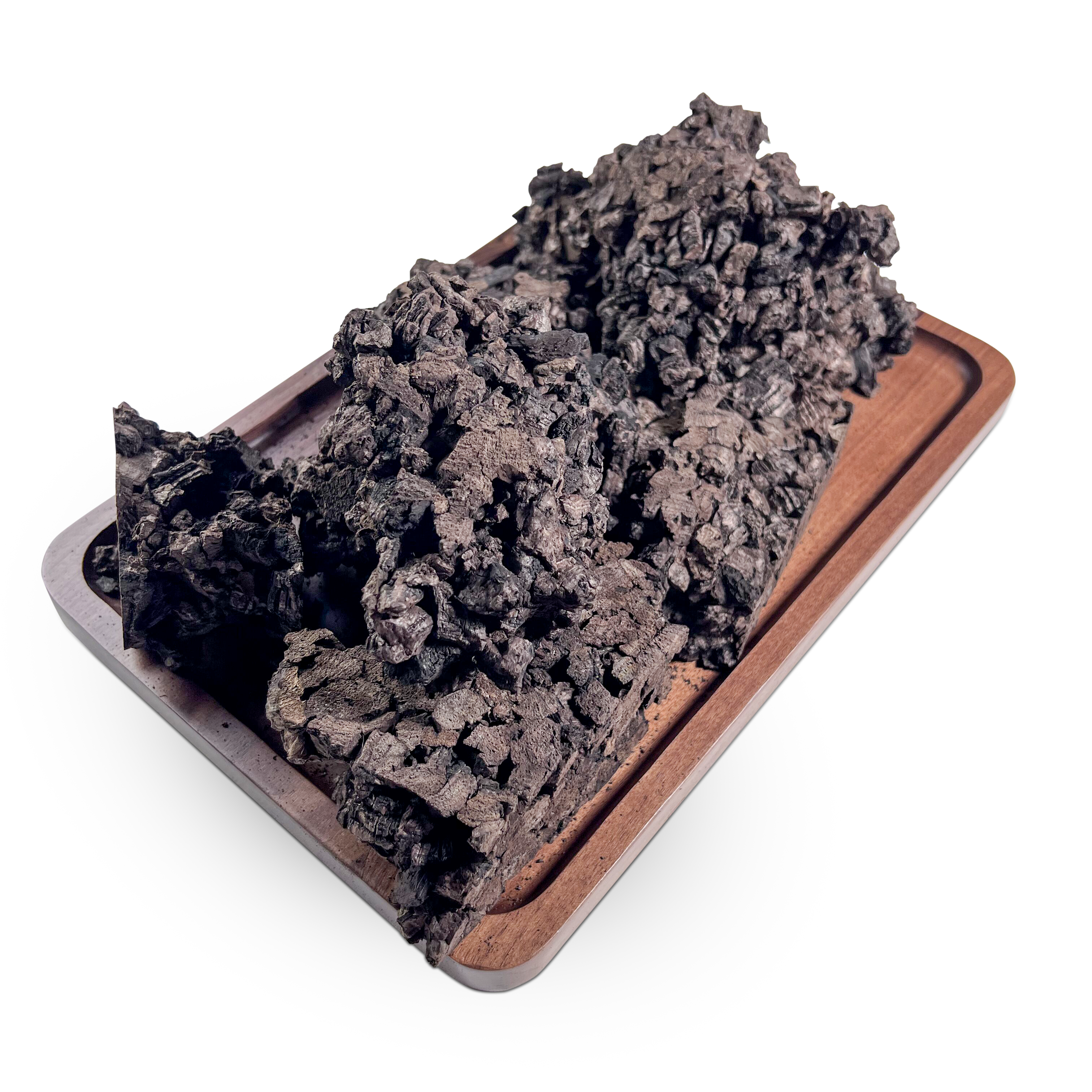



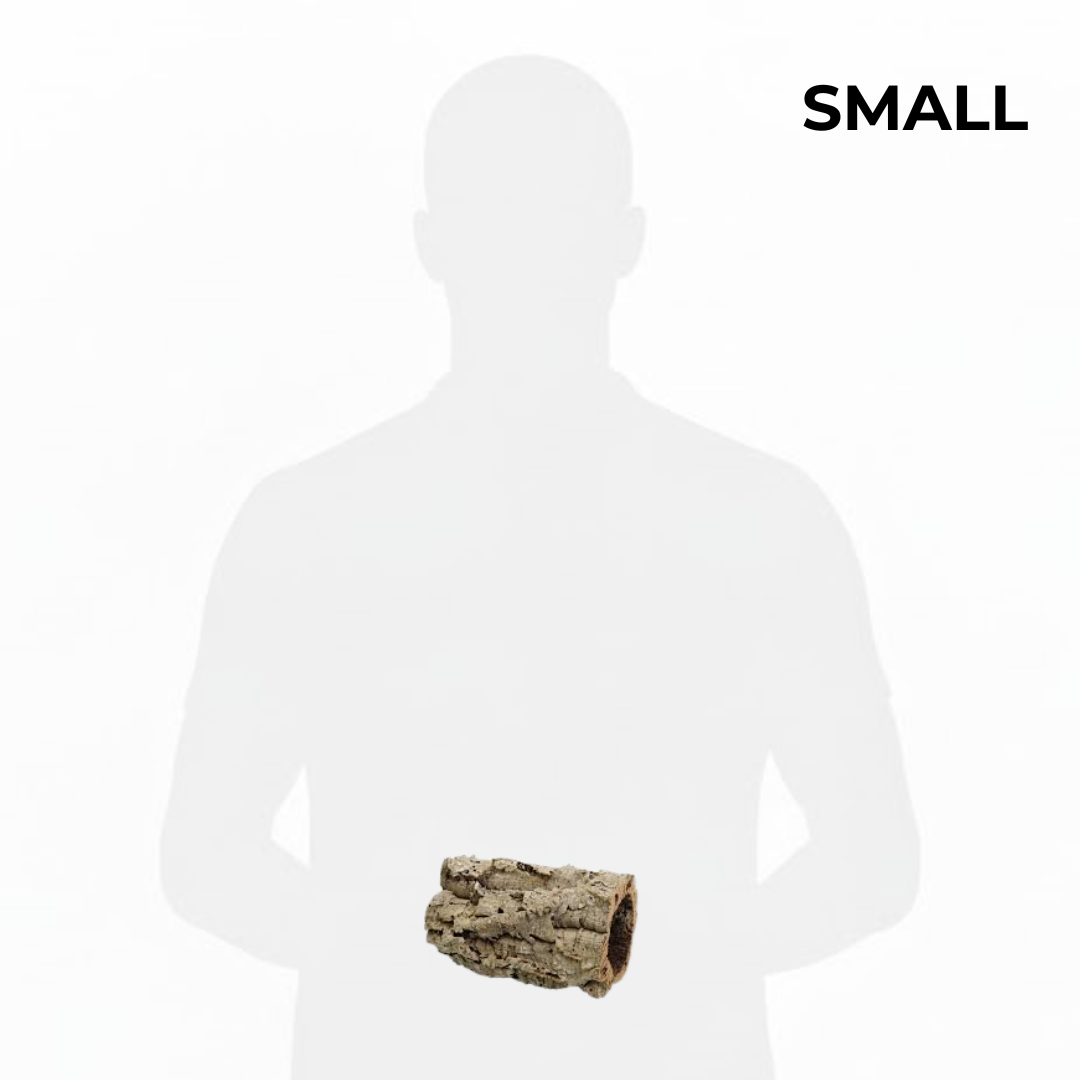
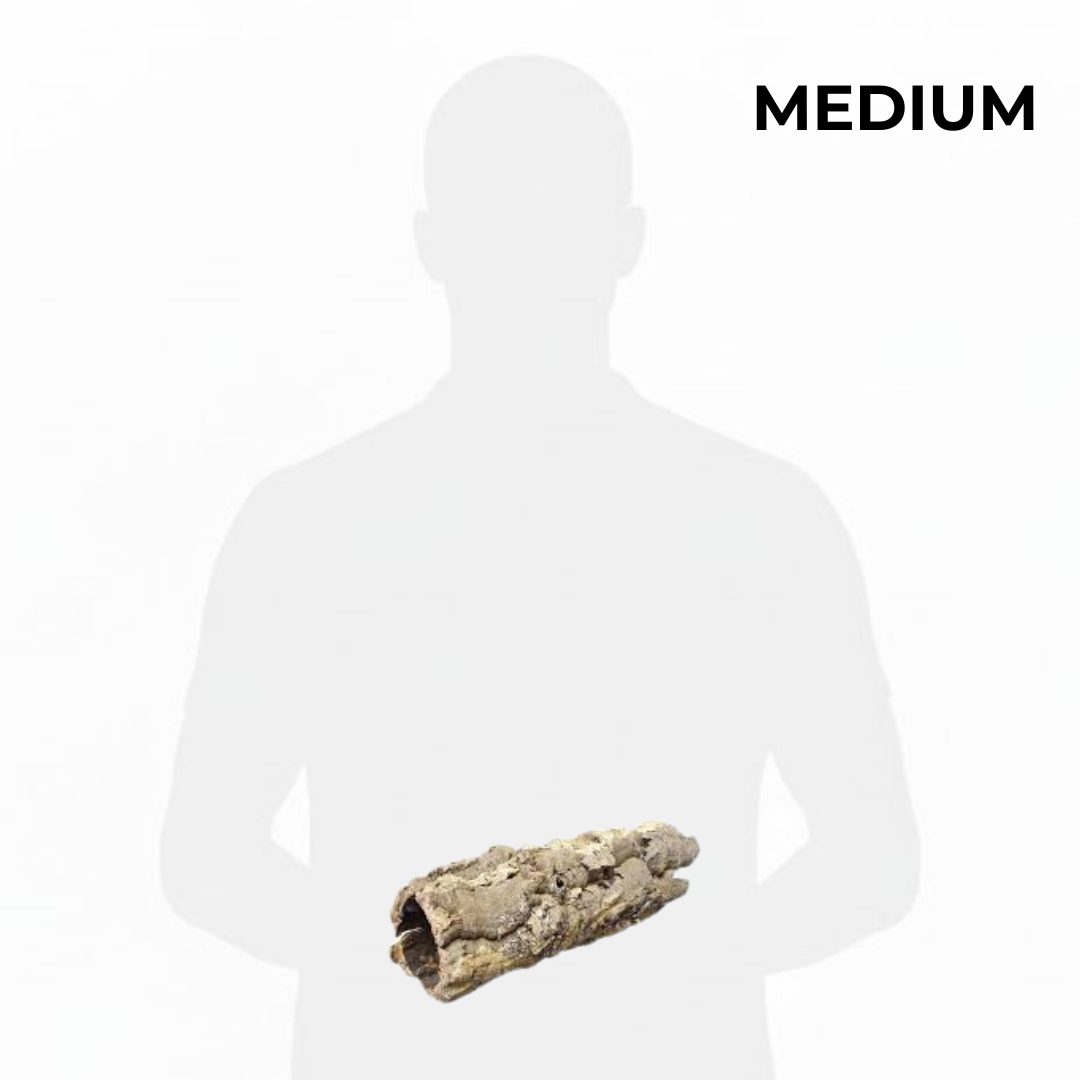
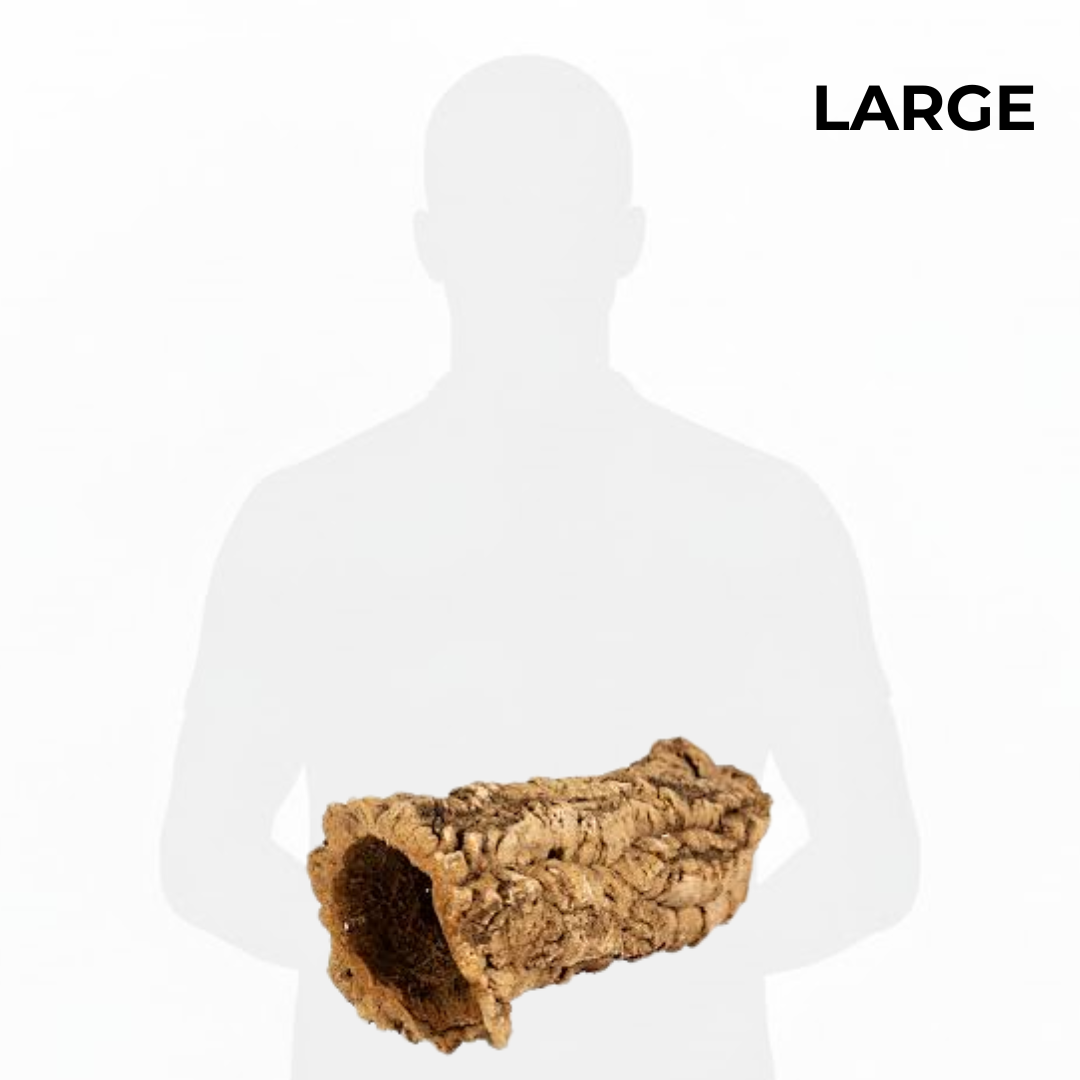
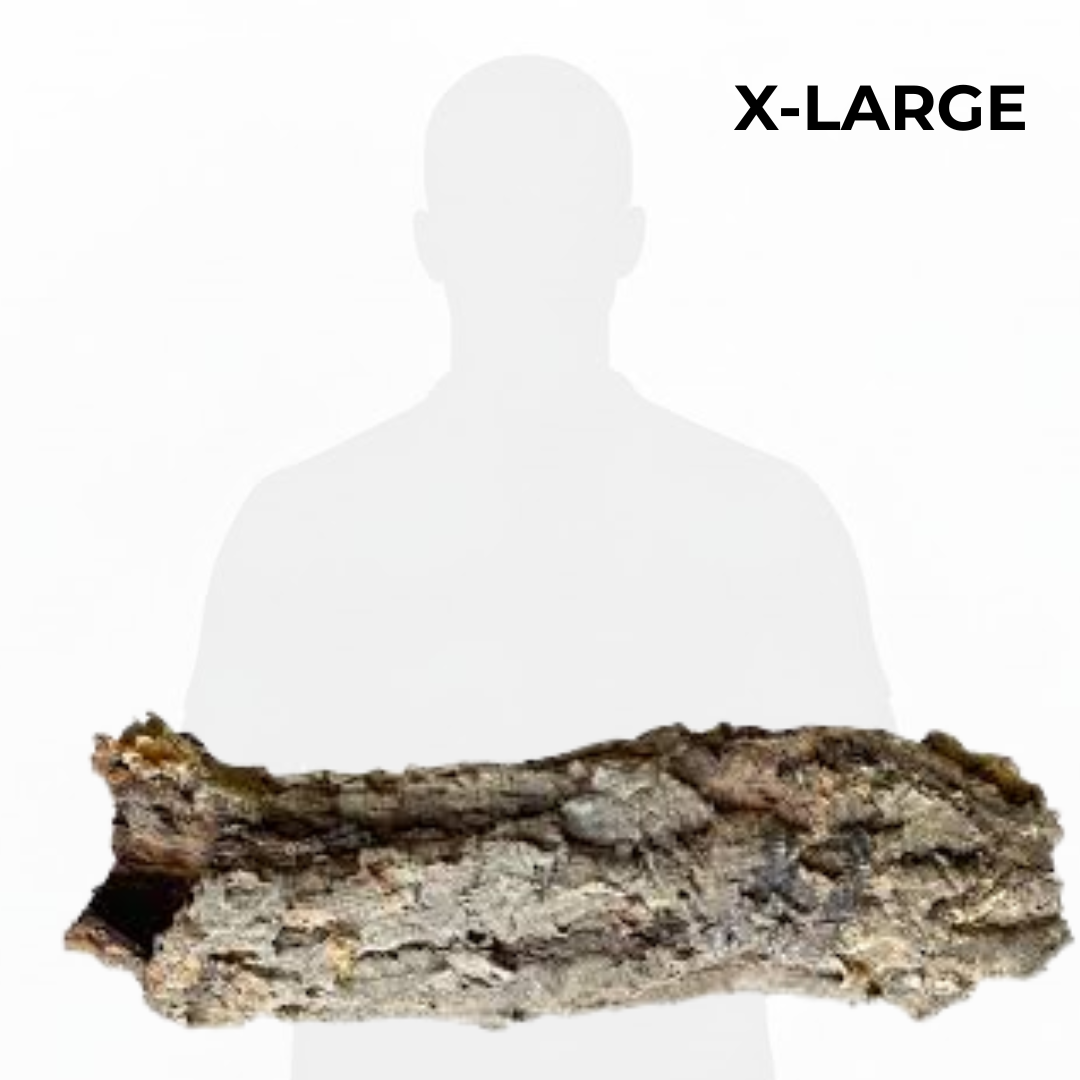

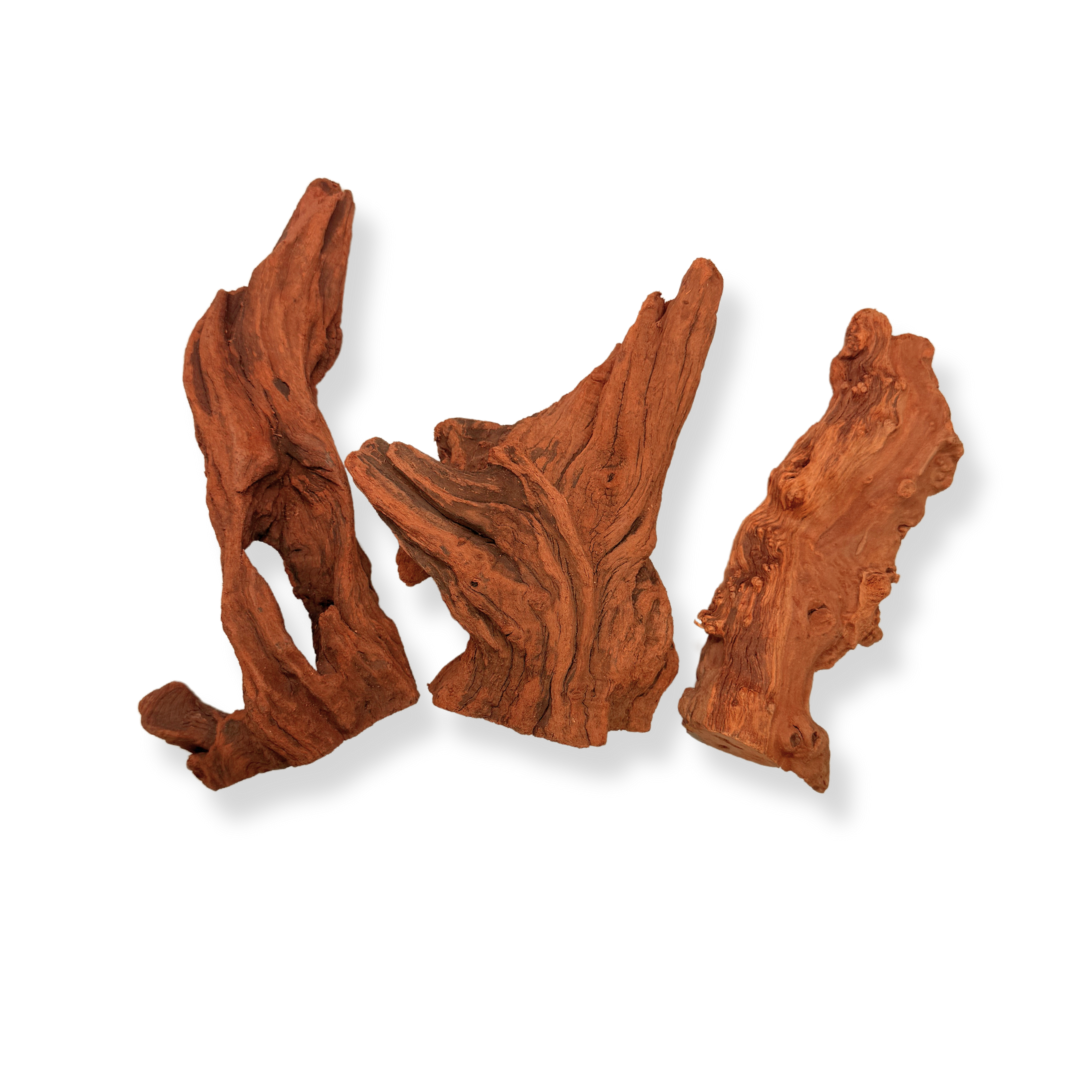
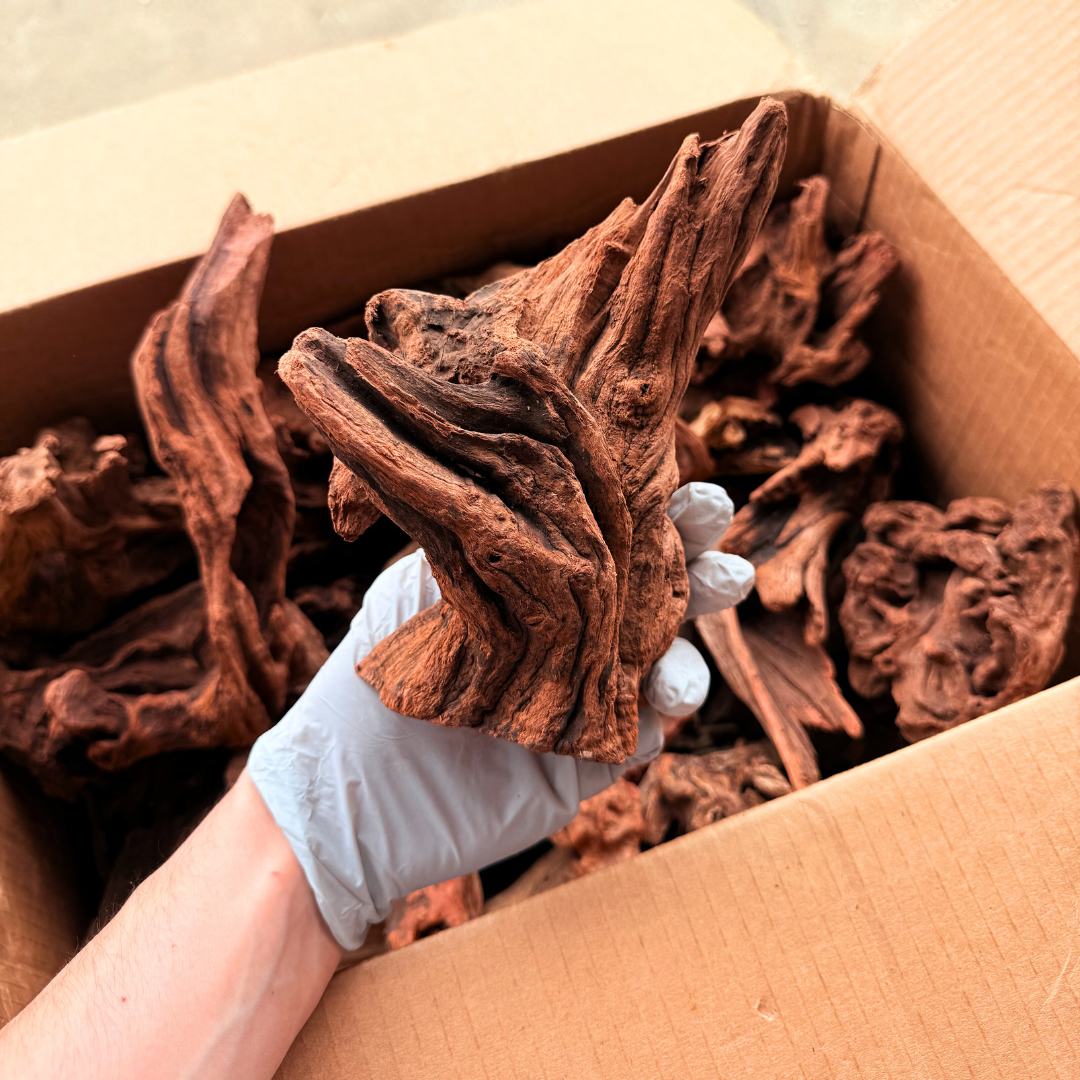






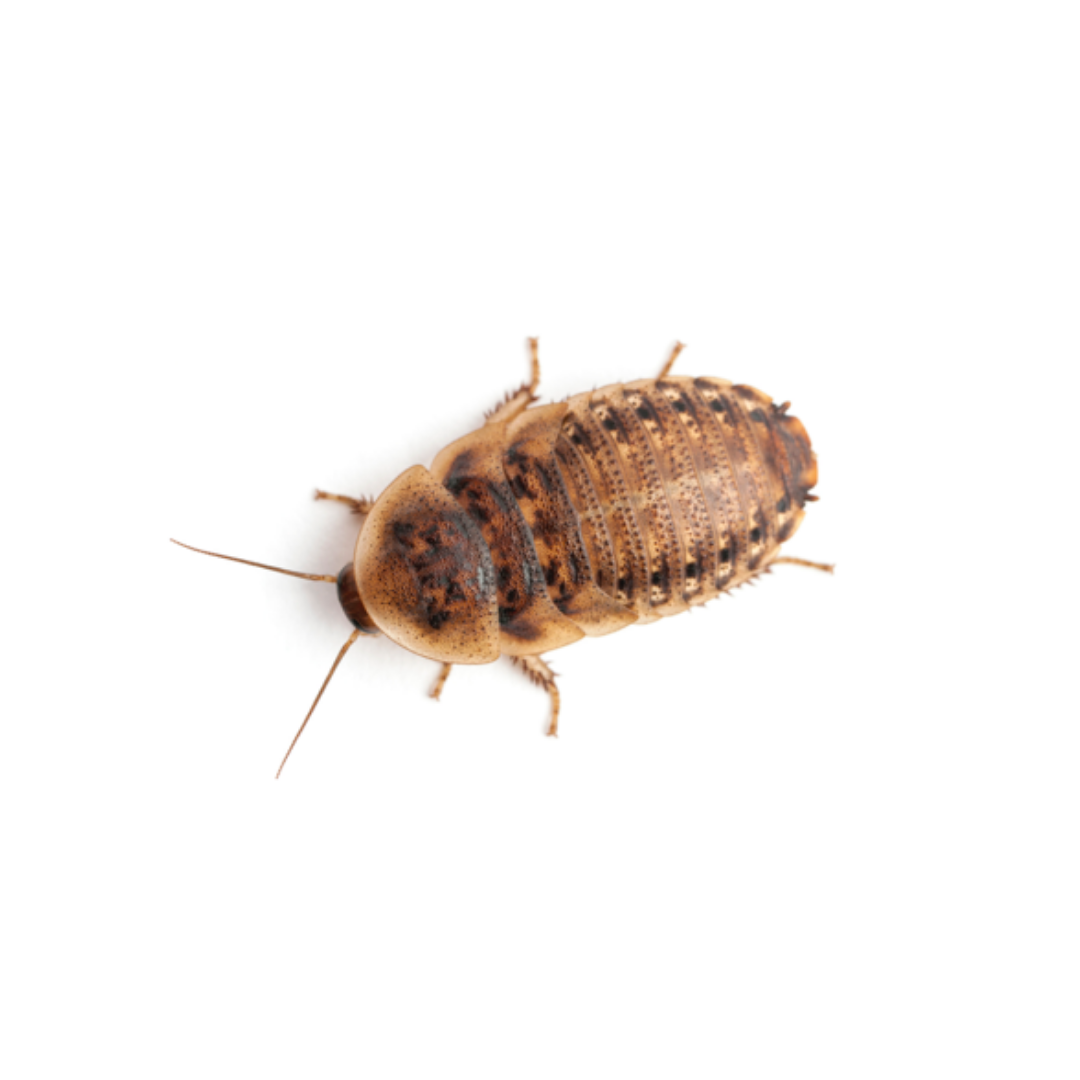



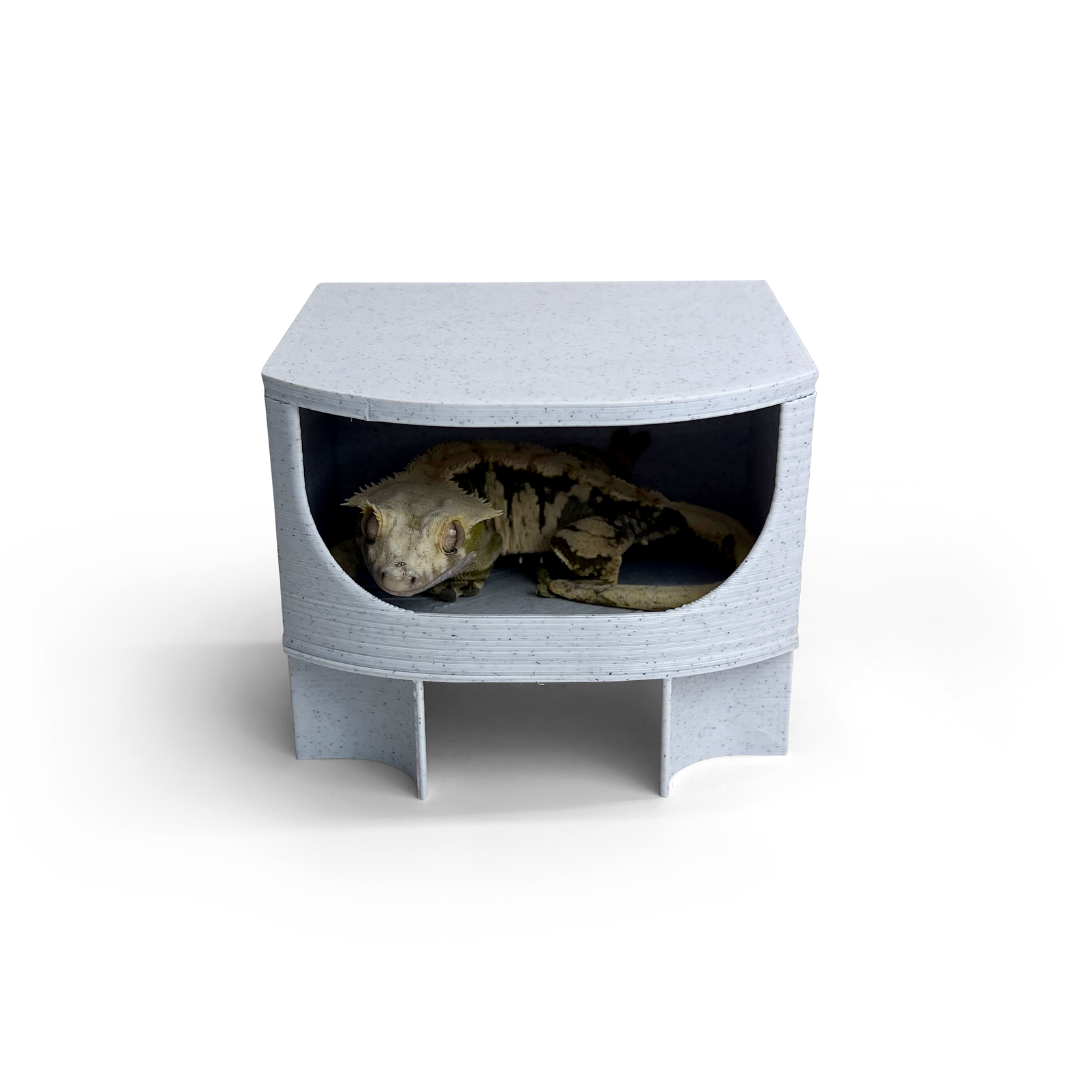
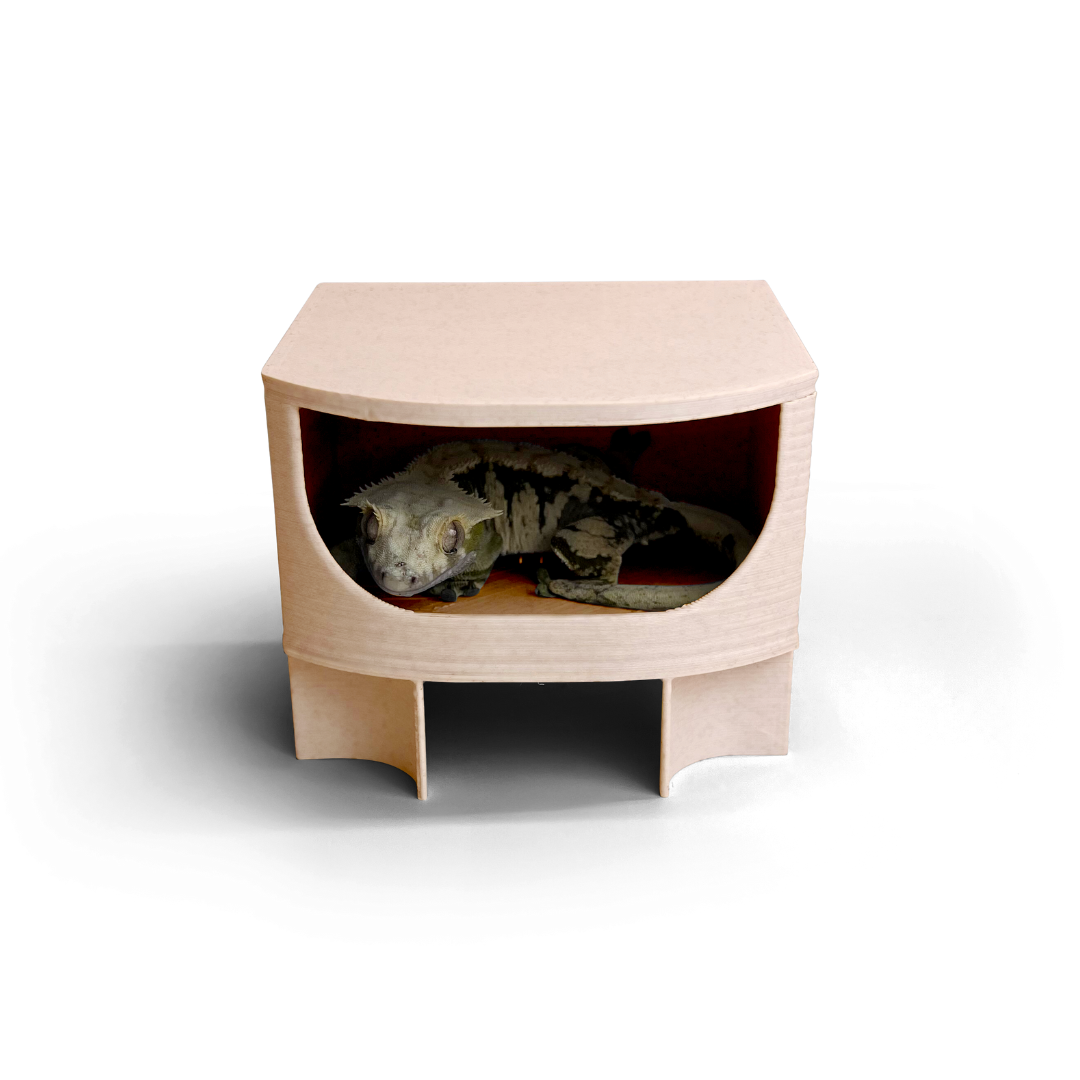
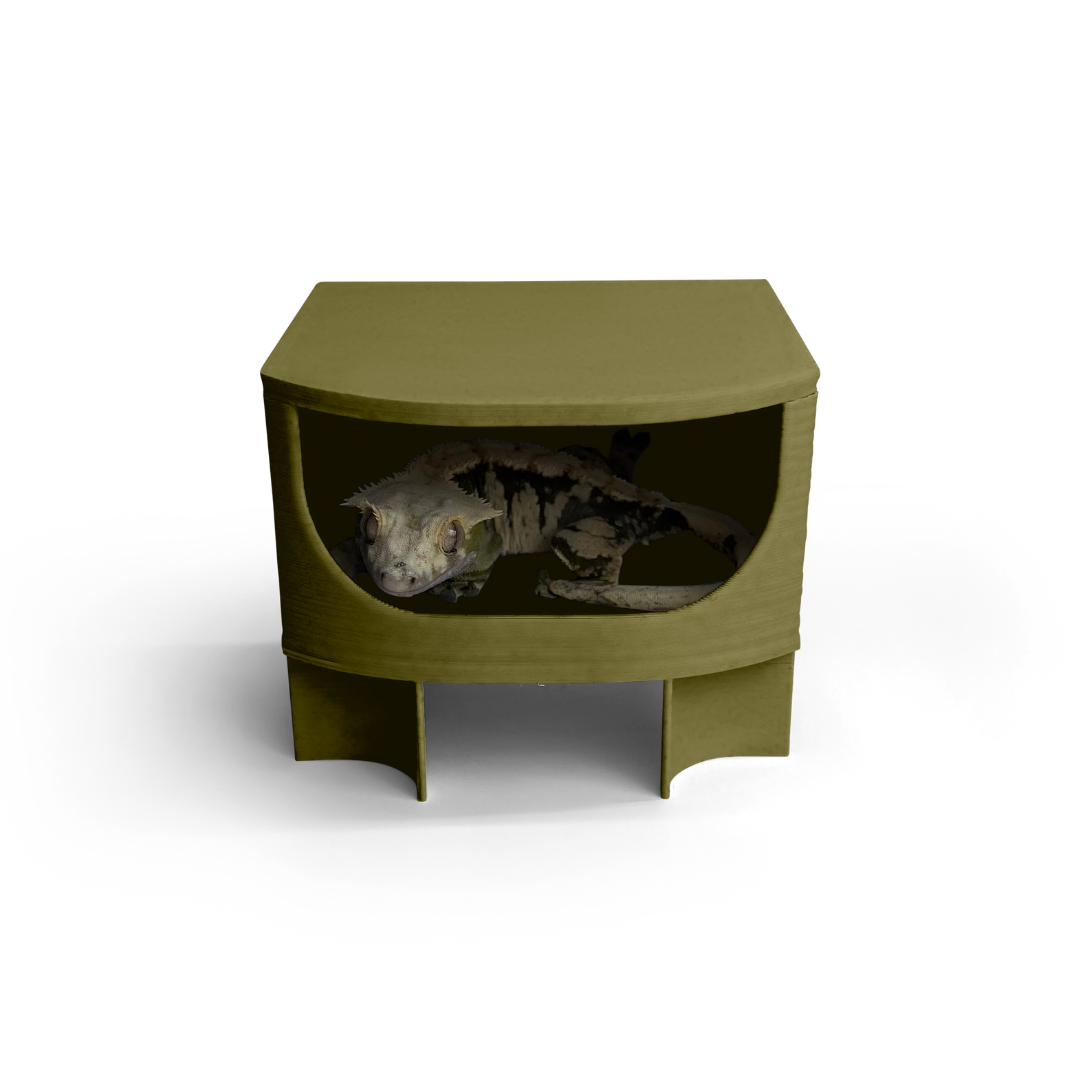
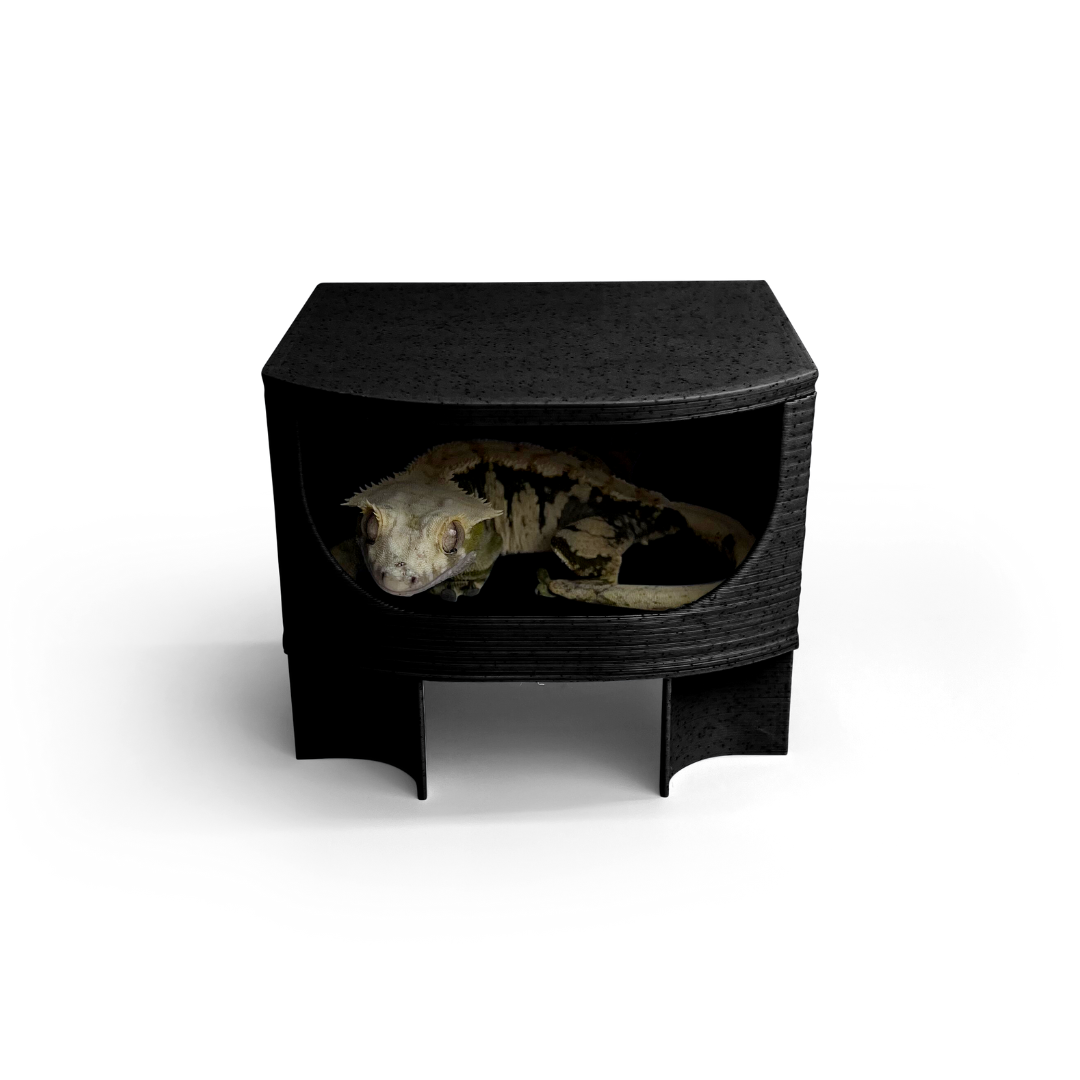
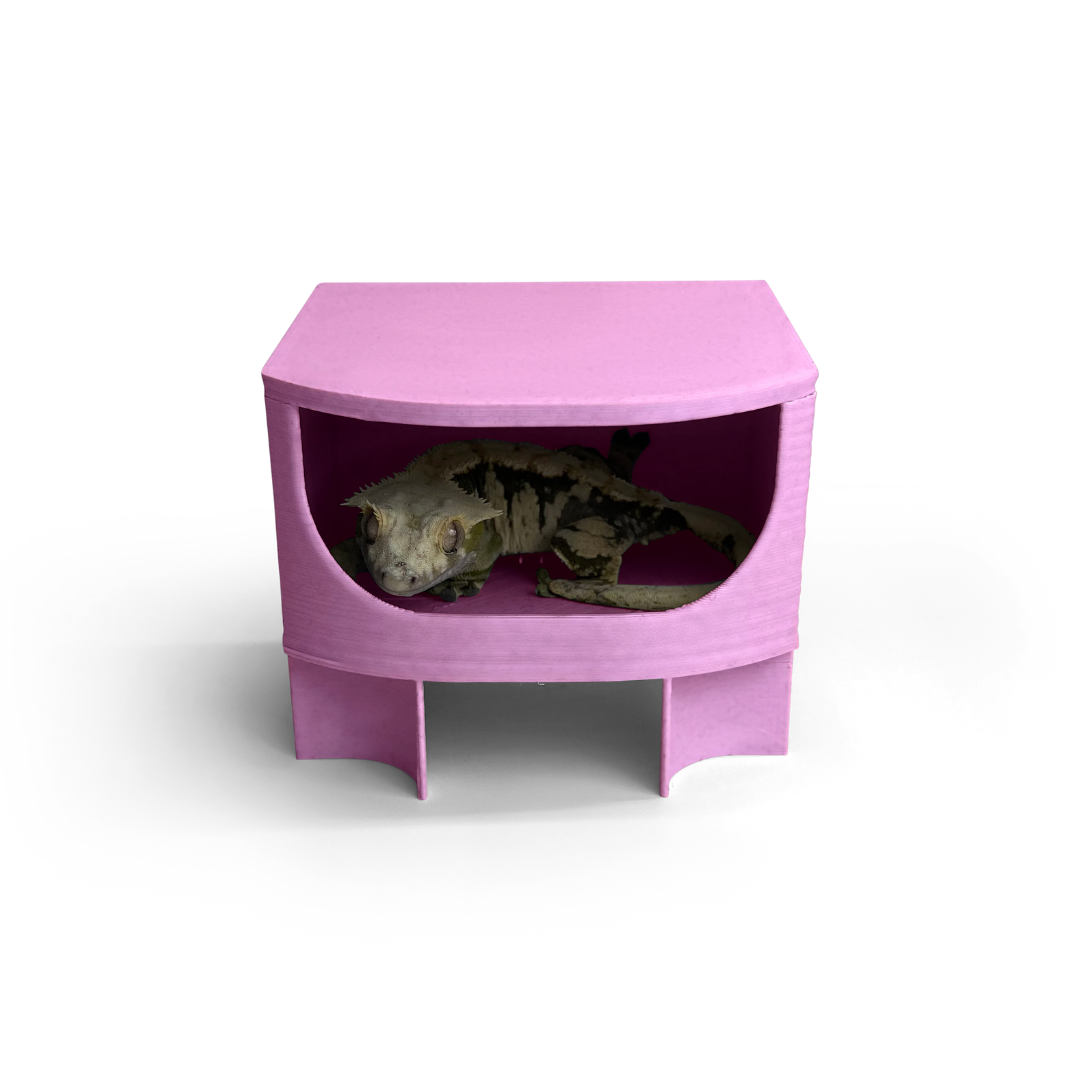
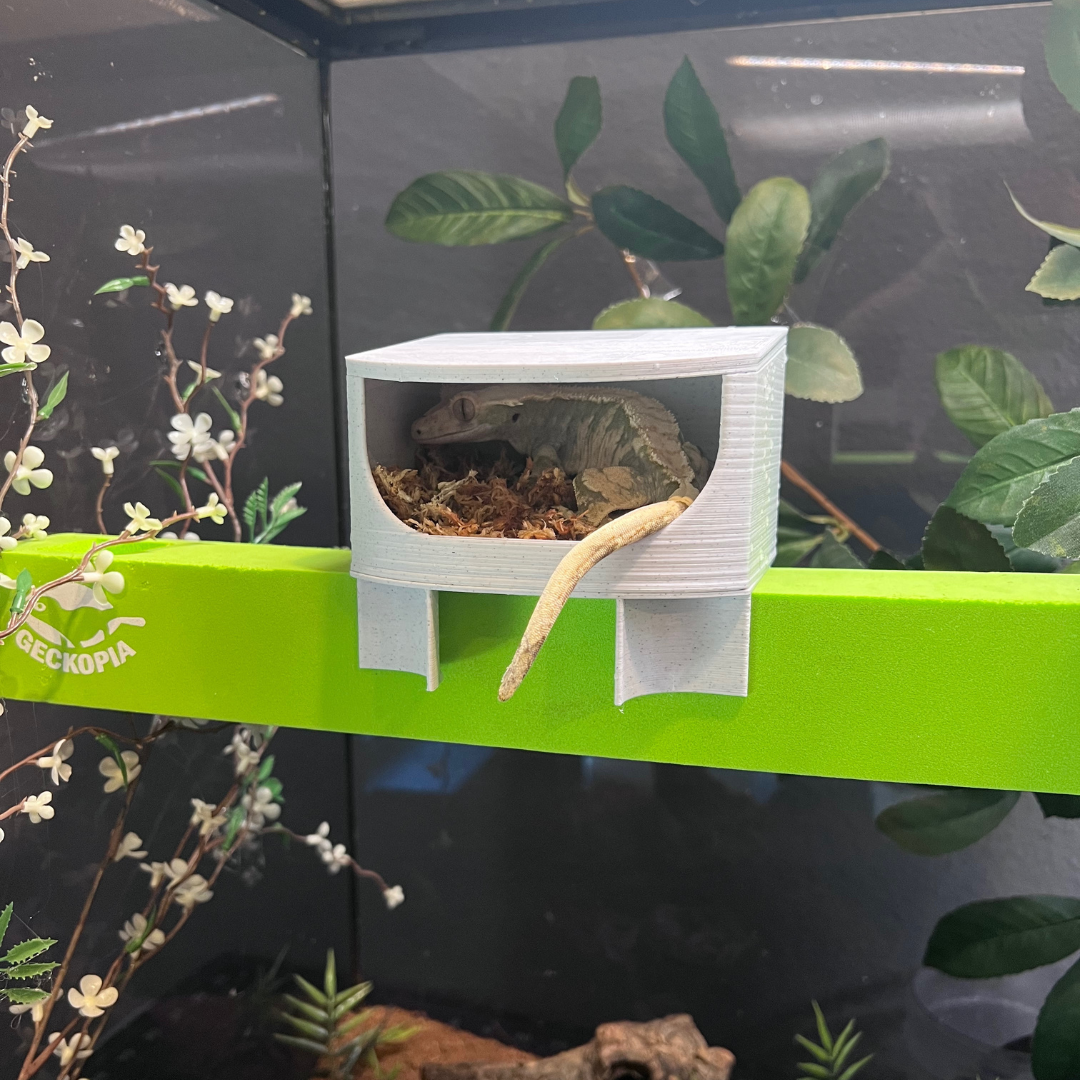
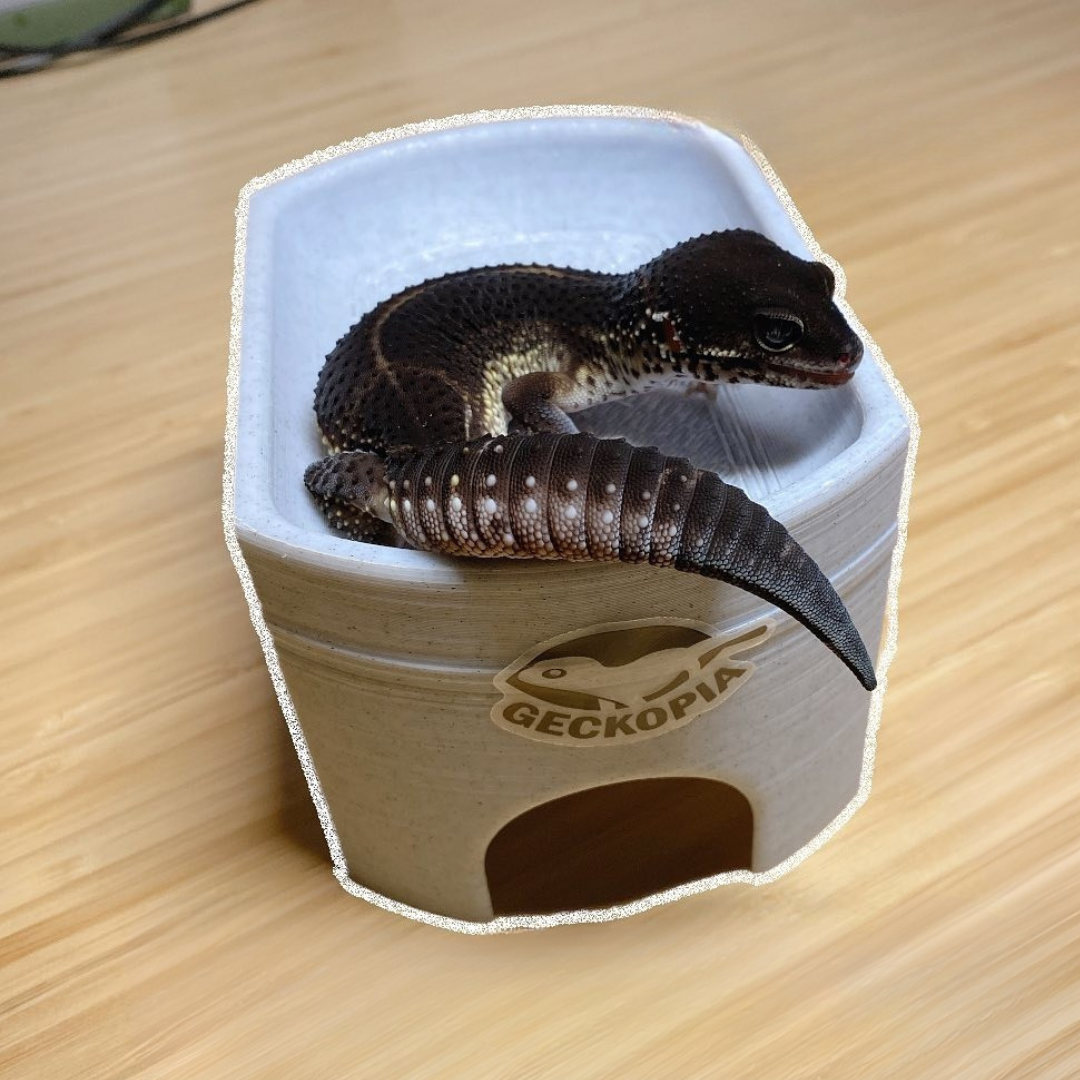
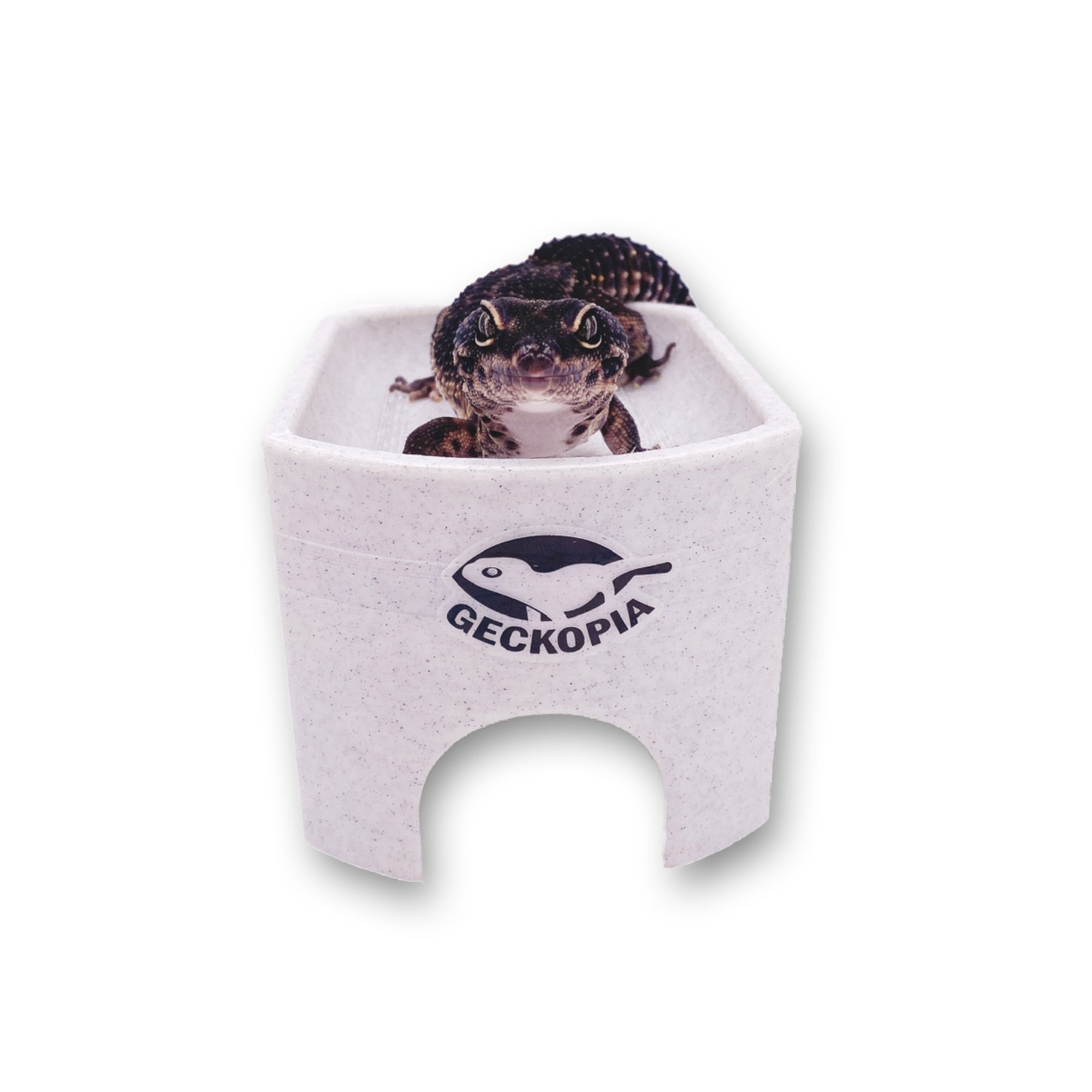
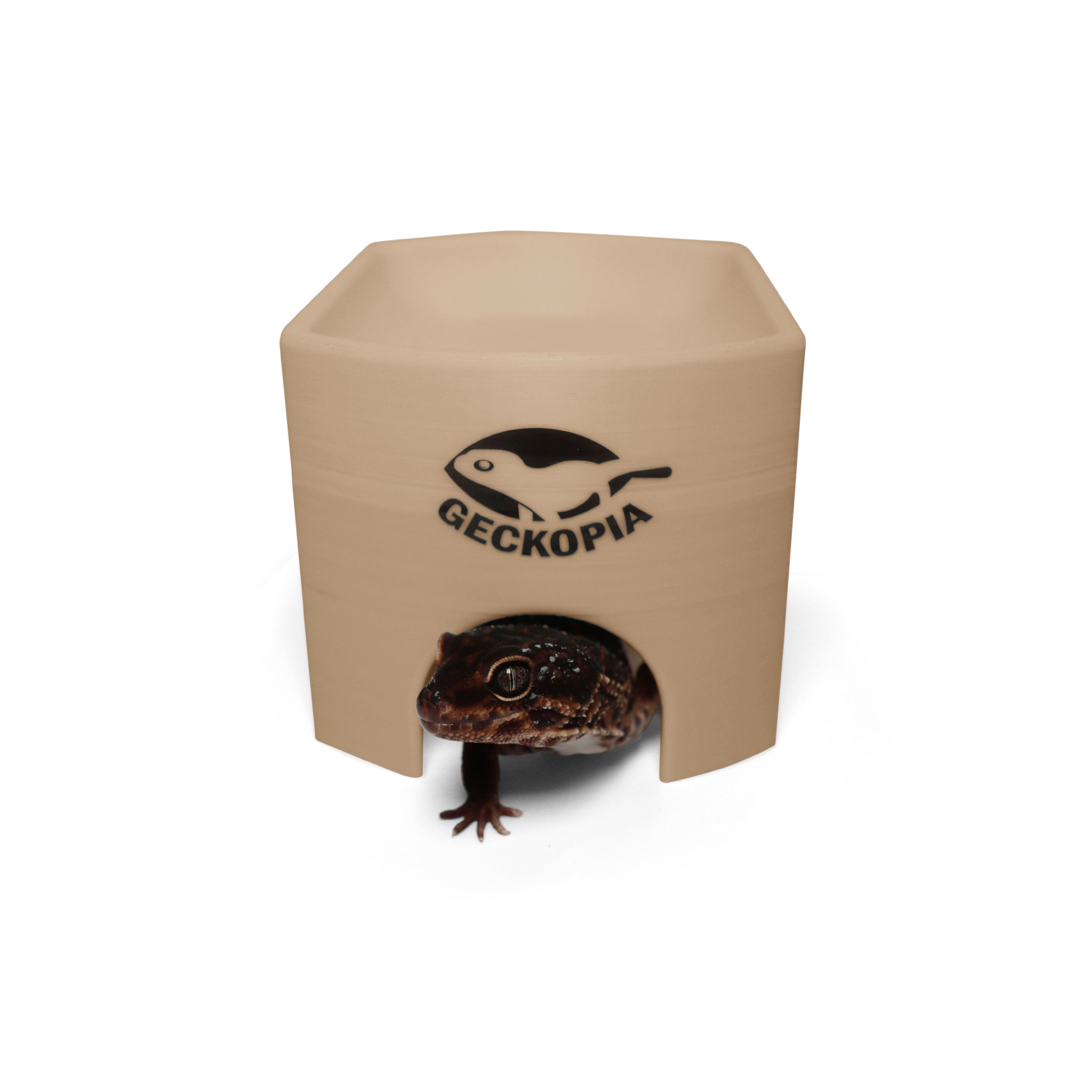
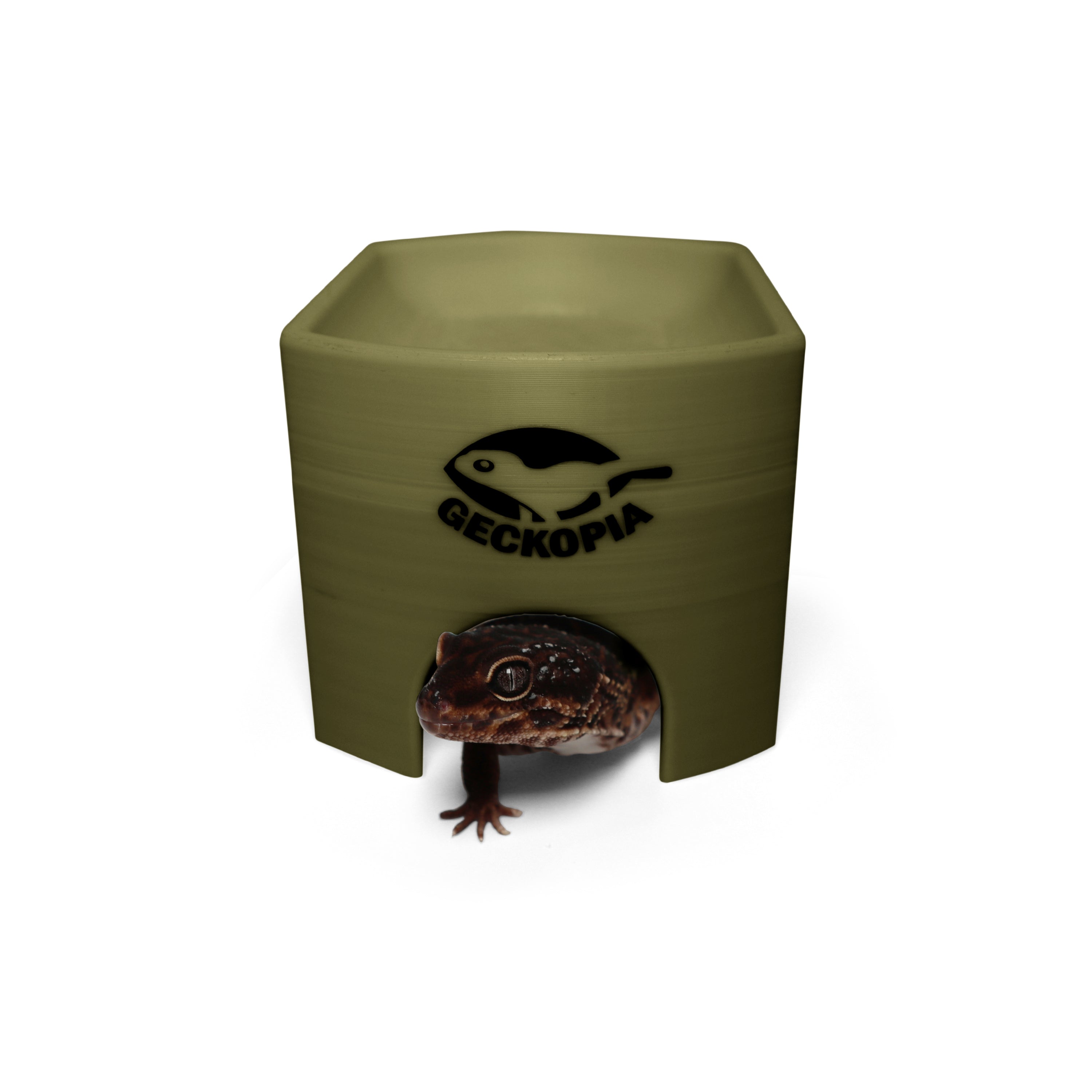
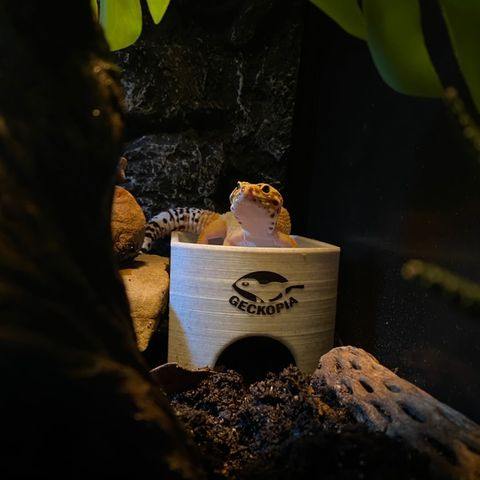
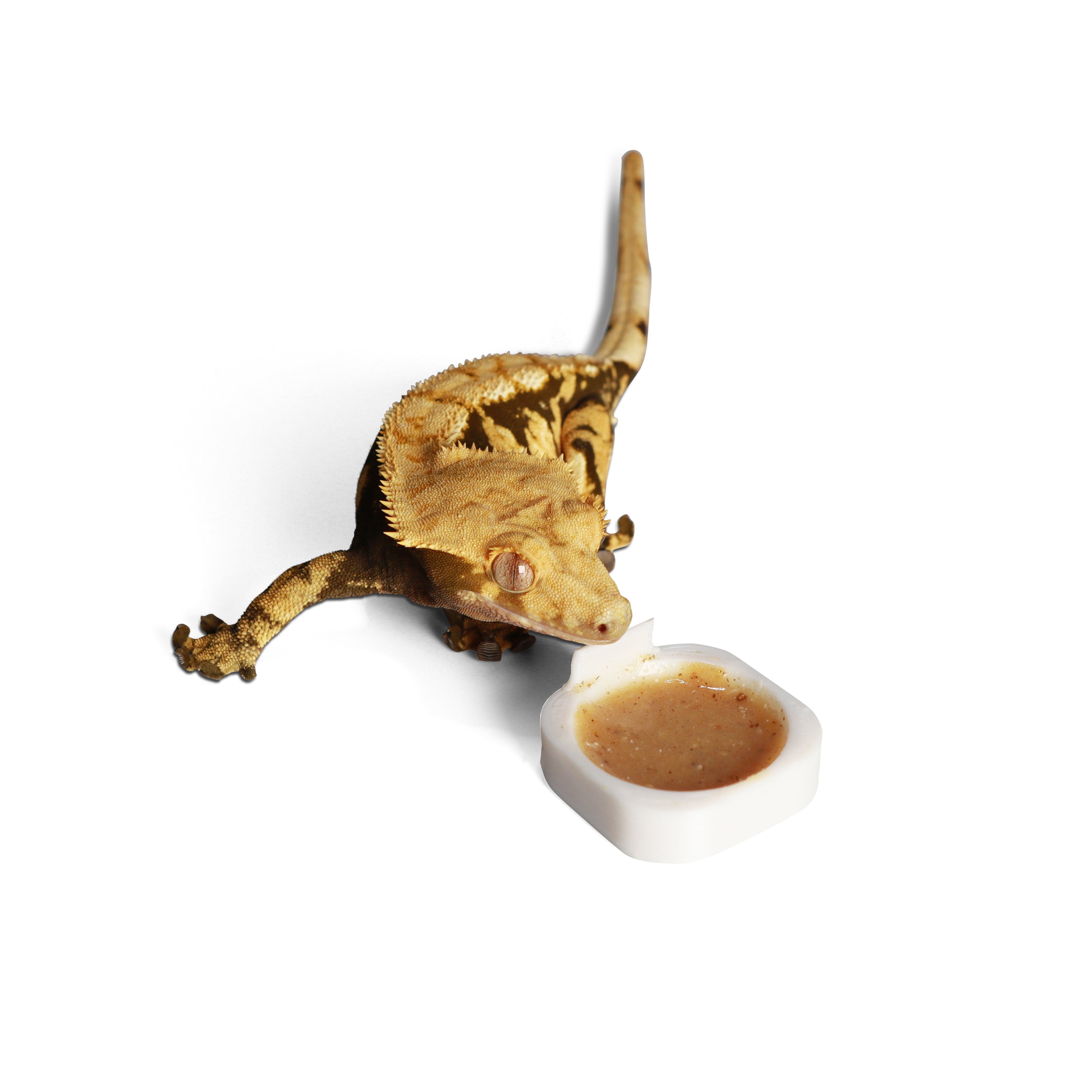
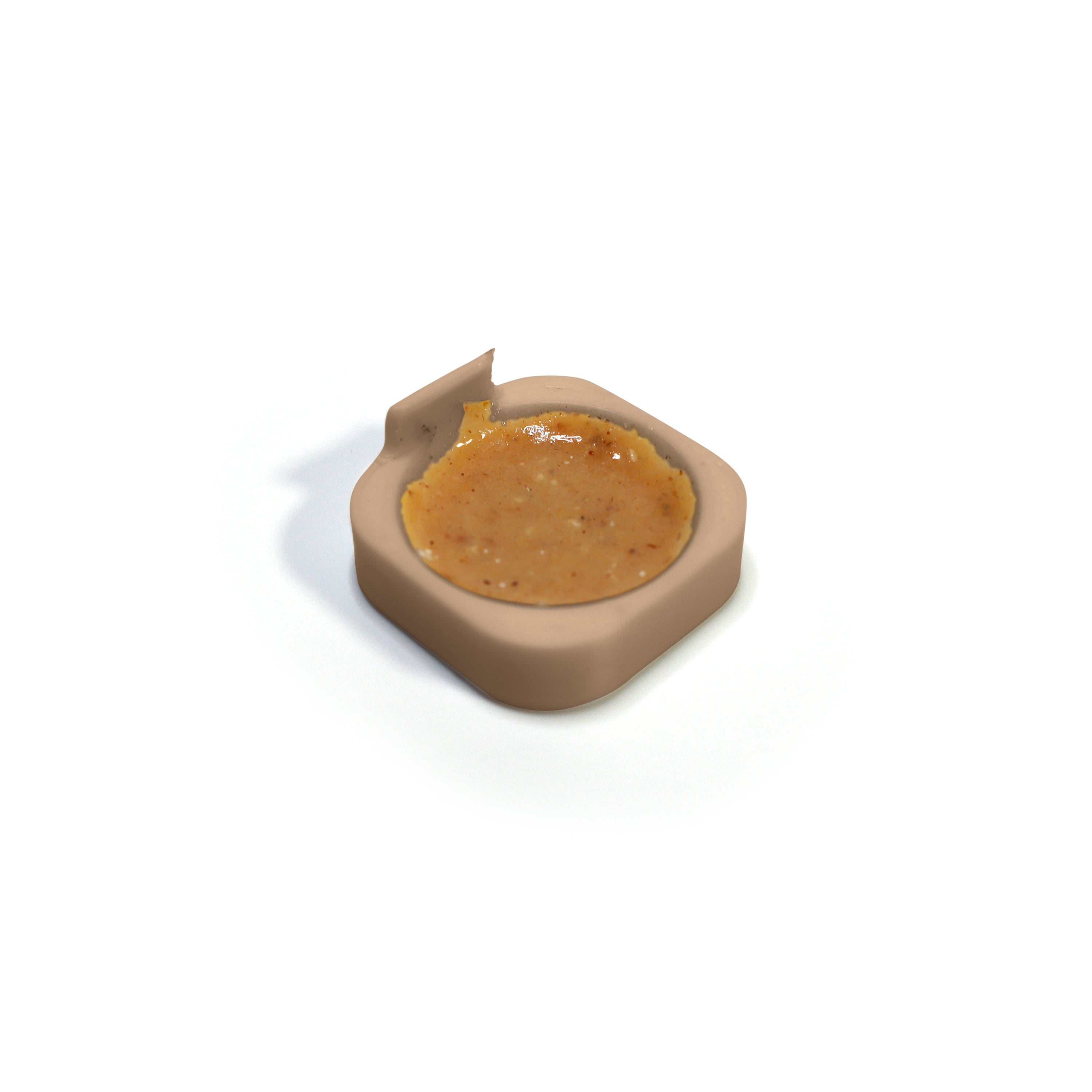
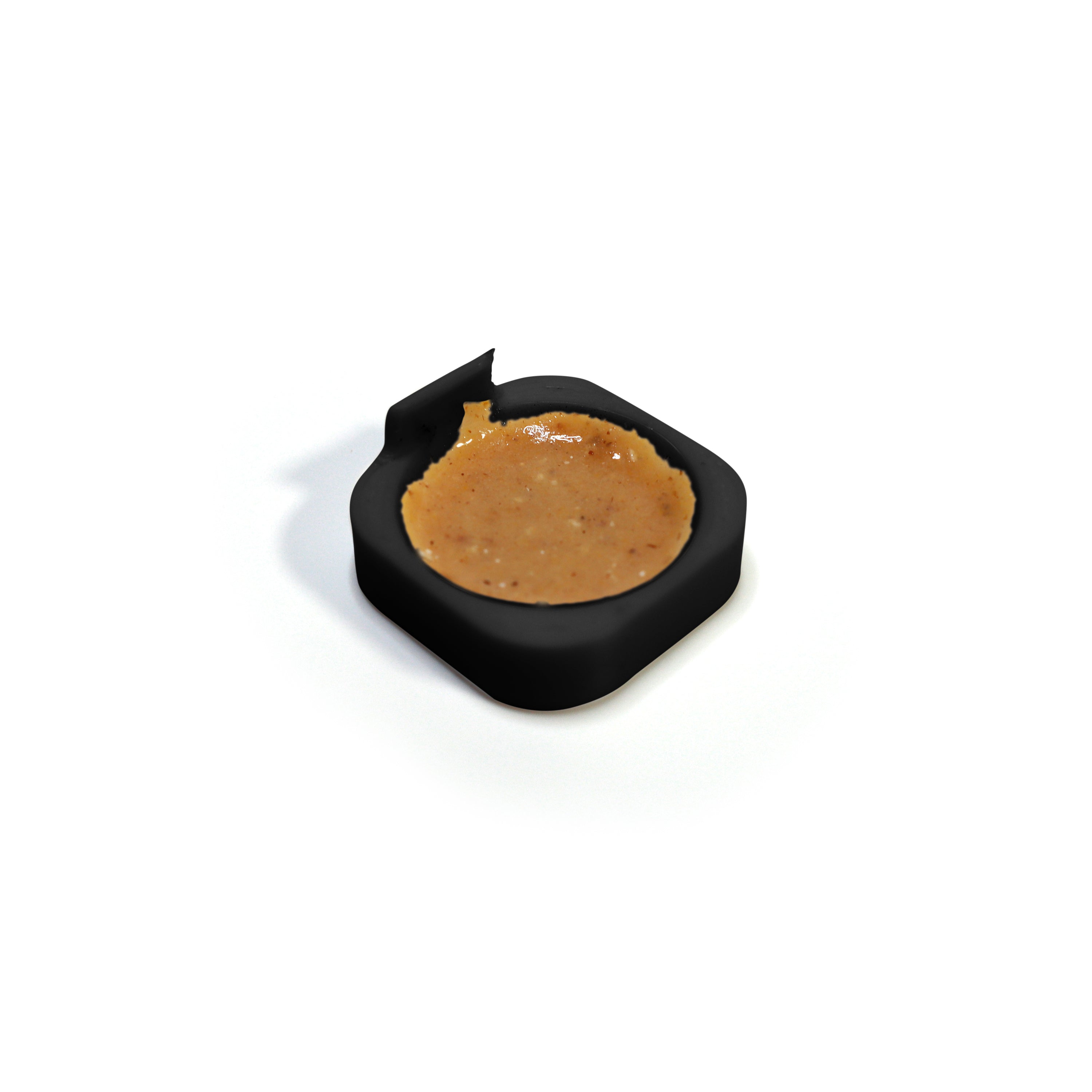





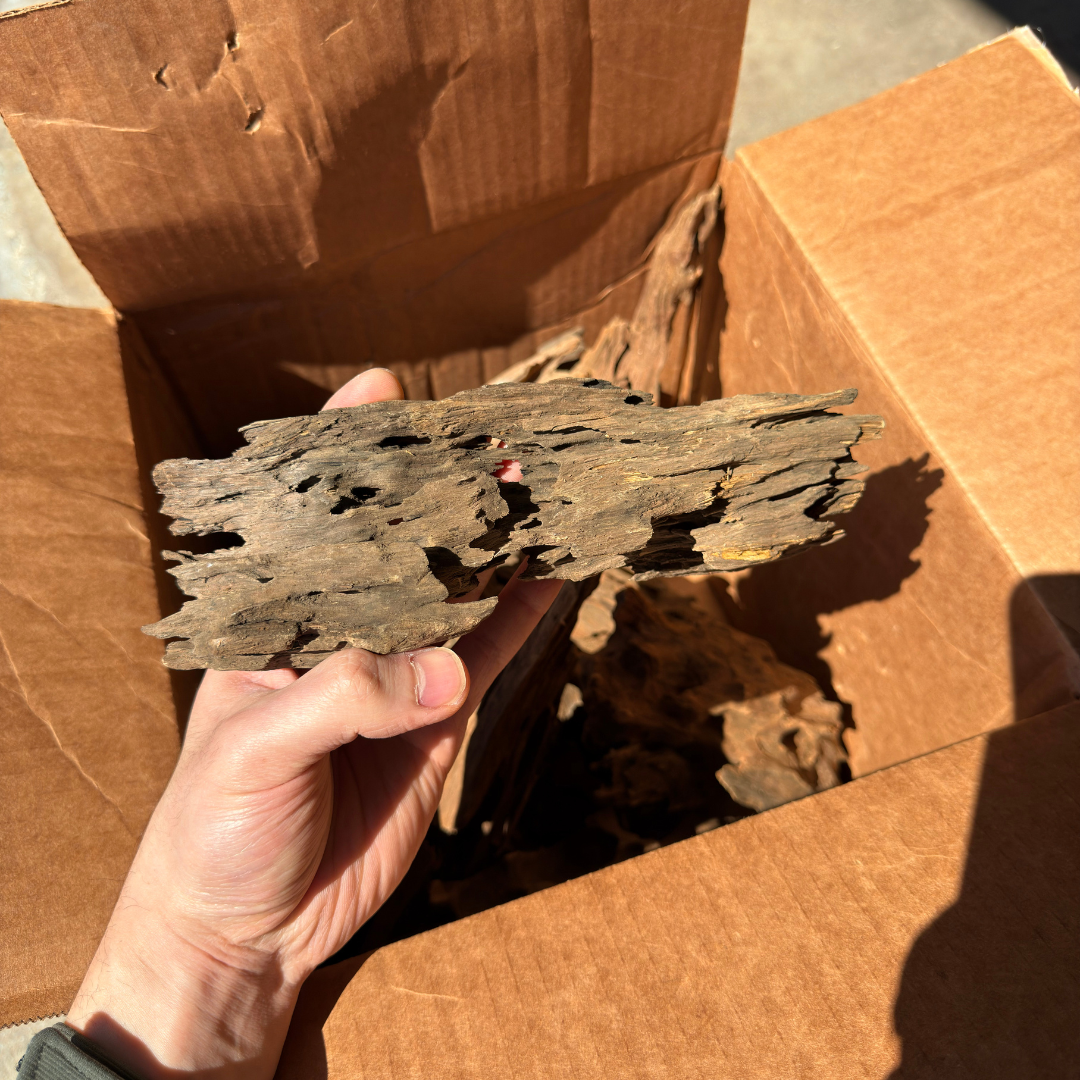


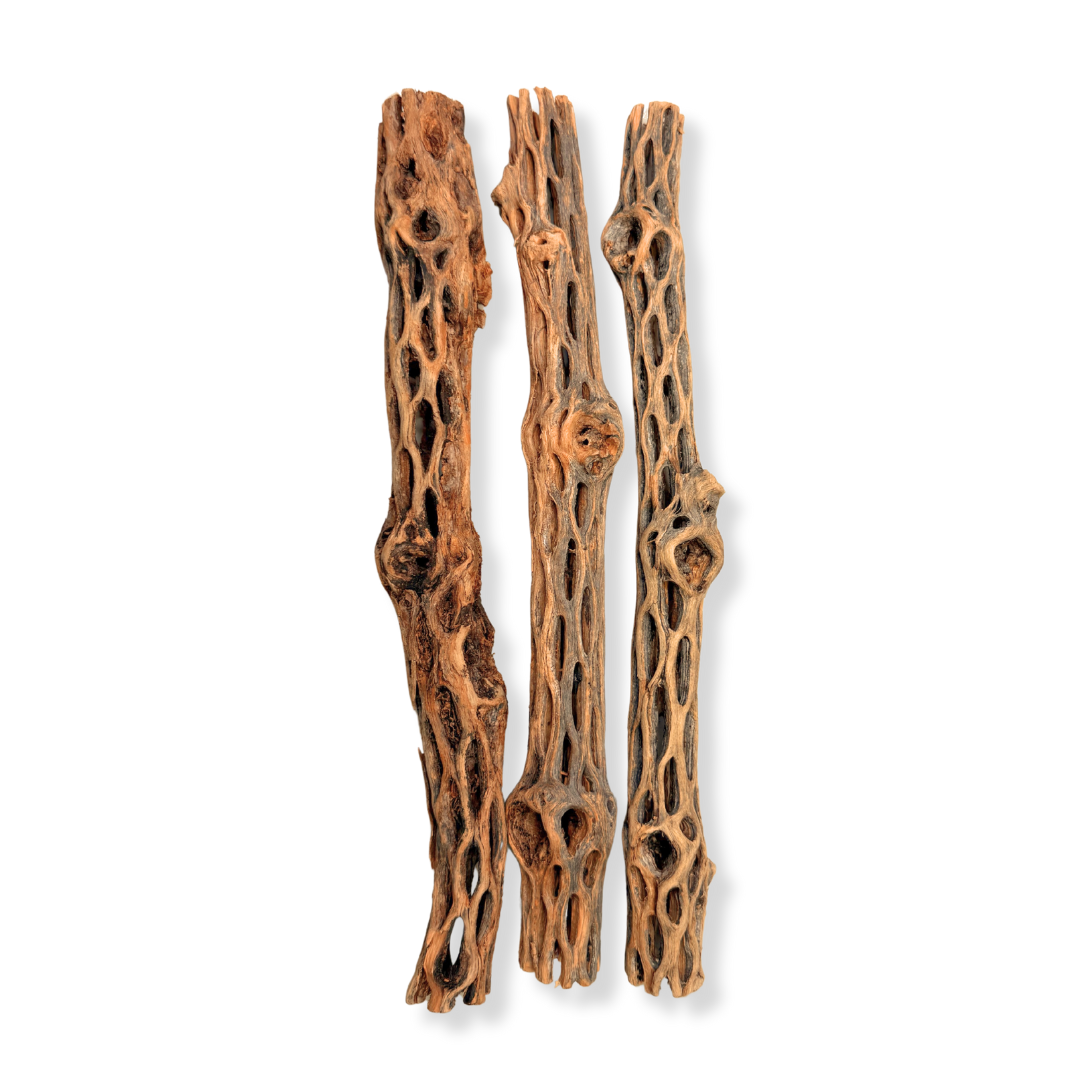
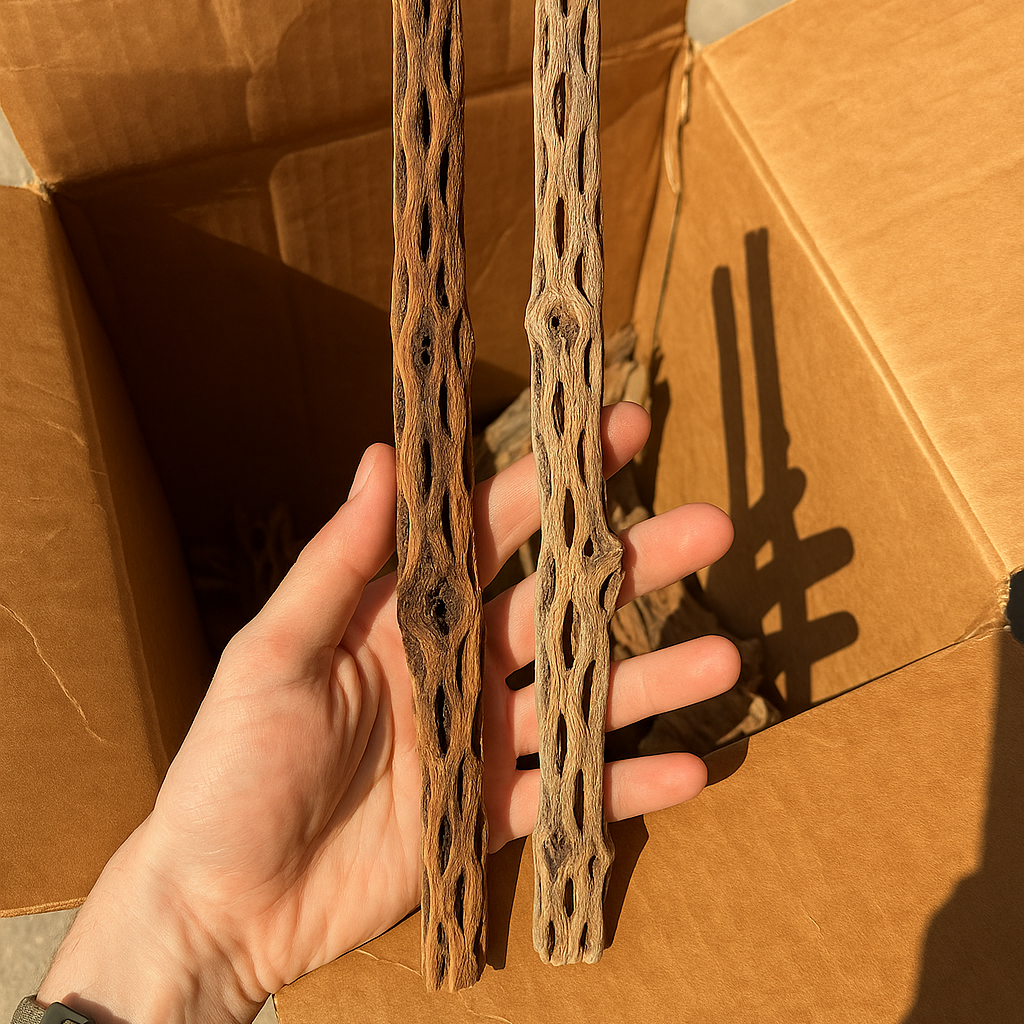
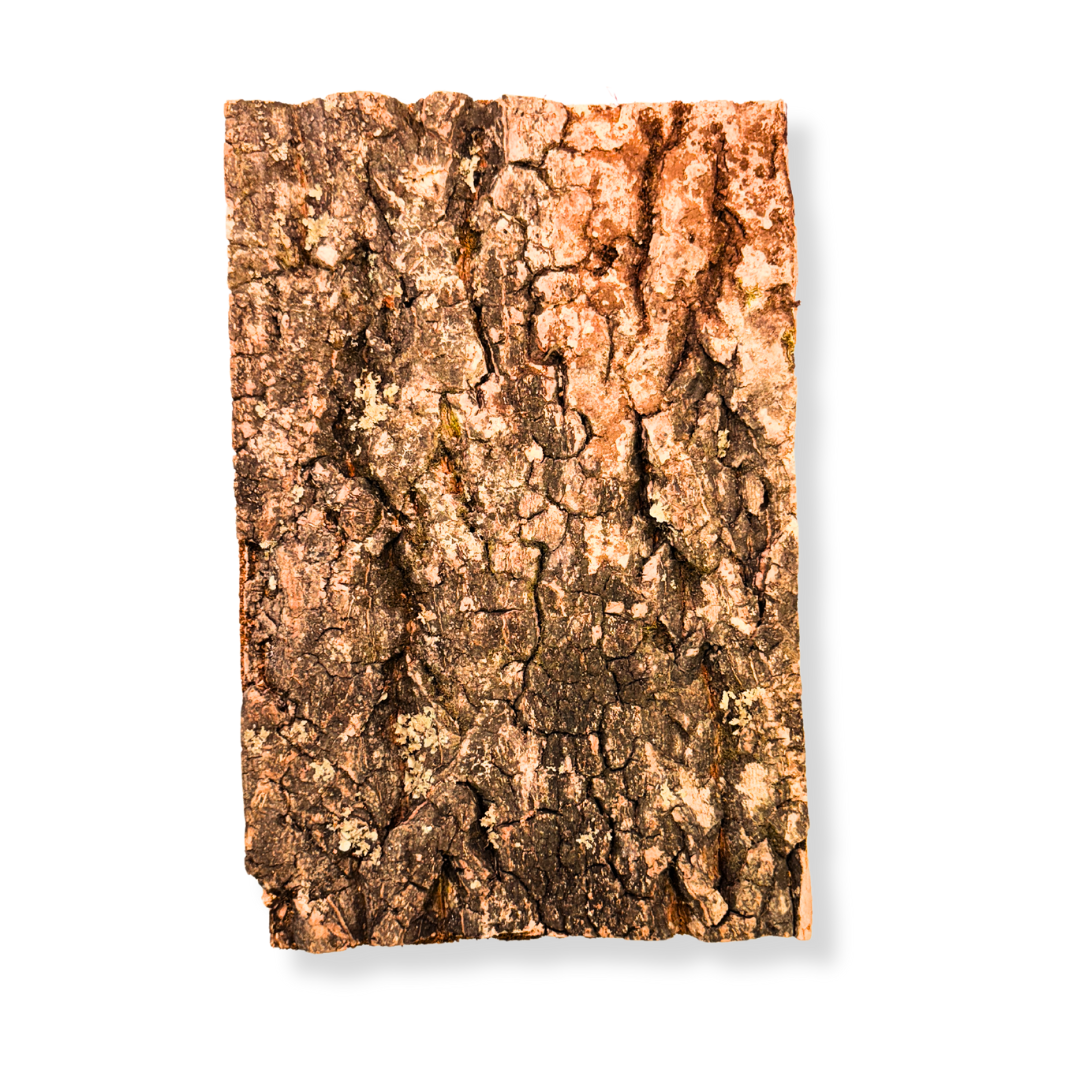



382 comments
ECMwDcOxenKGW
WcXywDopbOTrE
gMRqnkzD
GwJSvMECqAmgrtR
LKkGmwxWdQ
Leave a comment